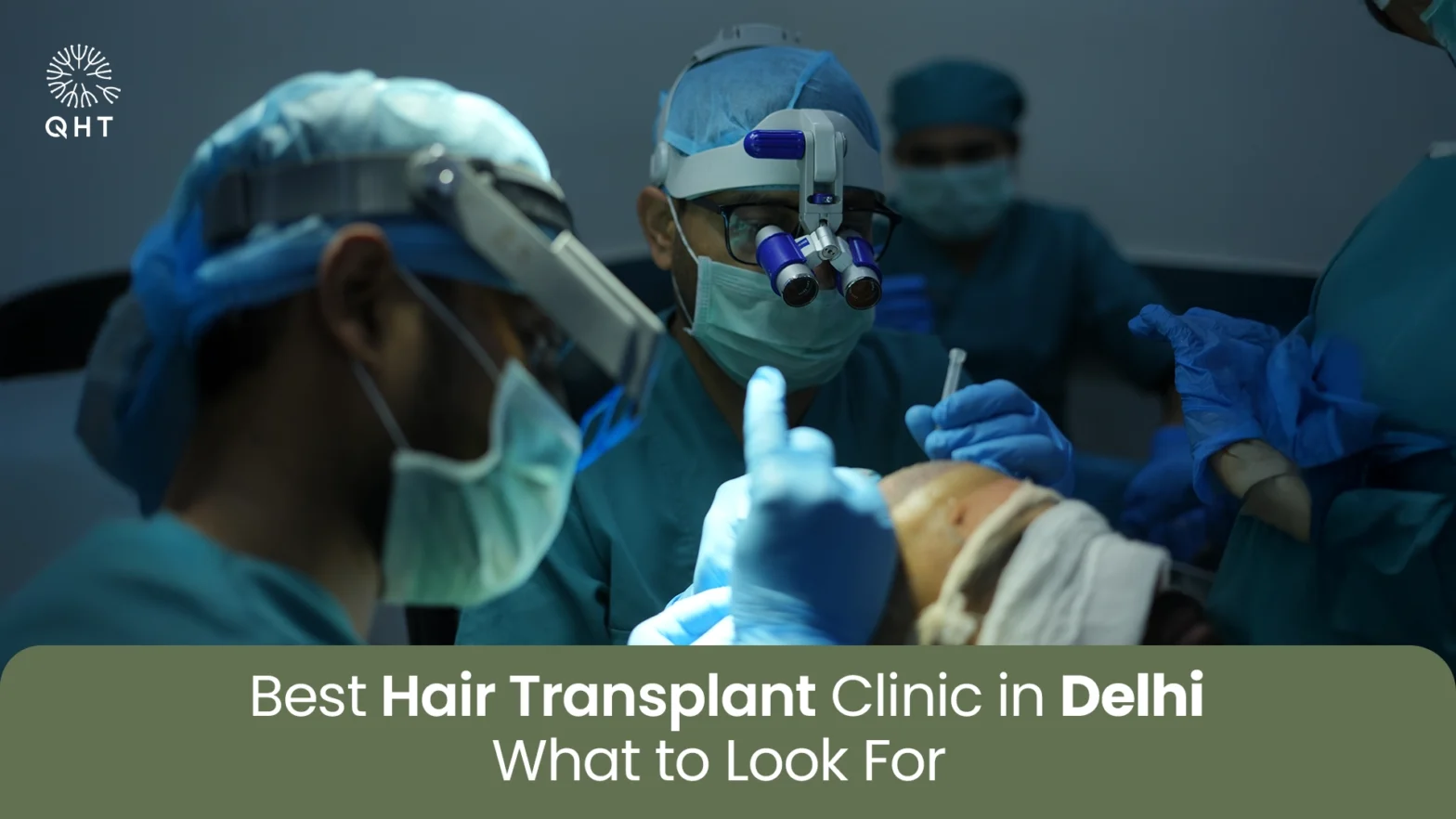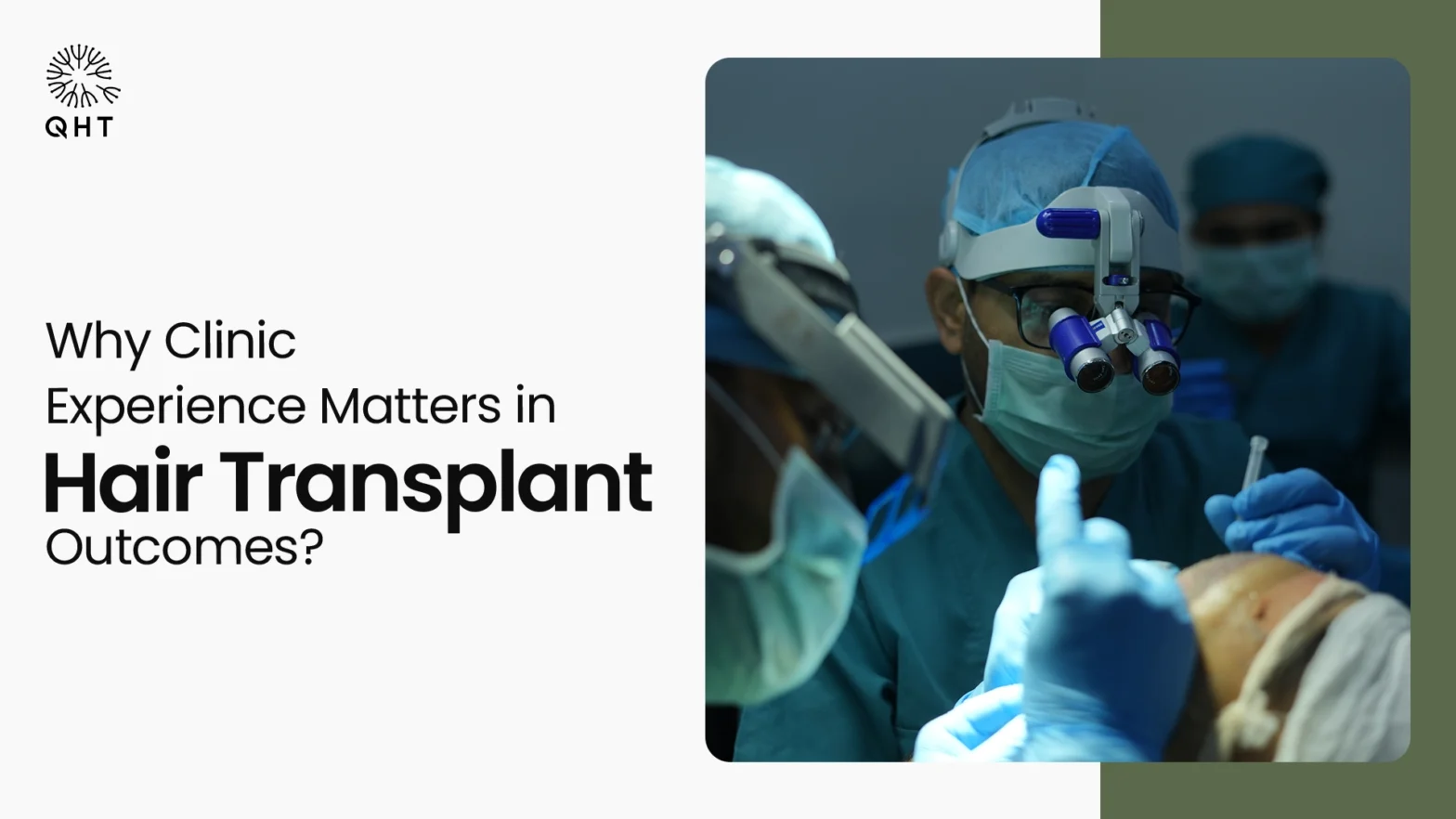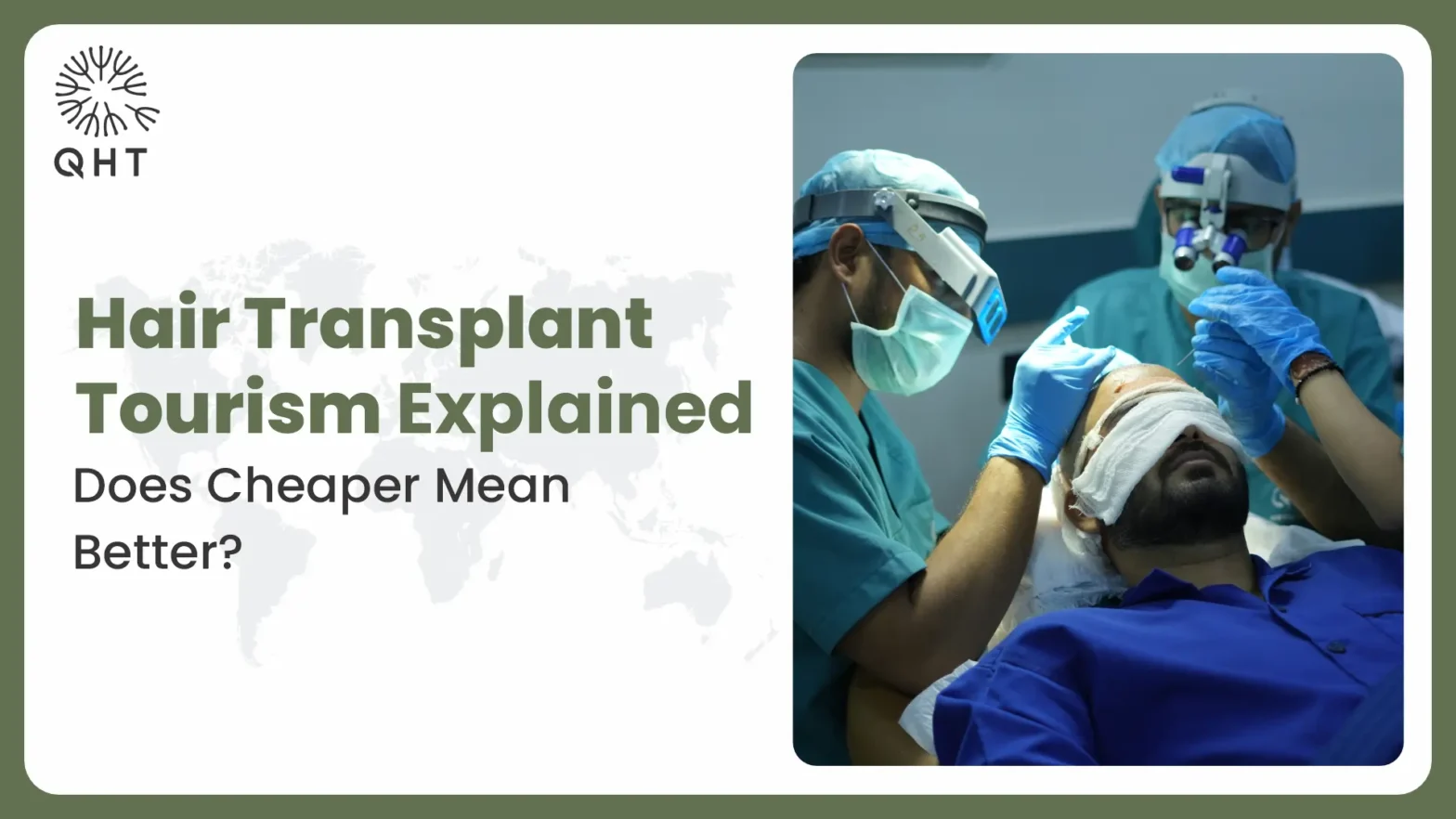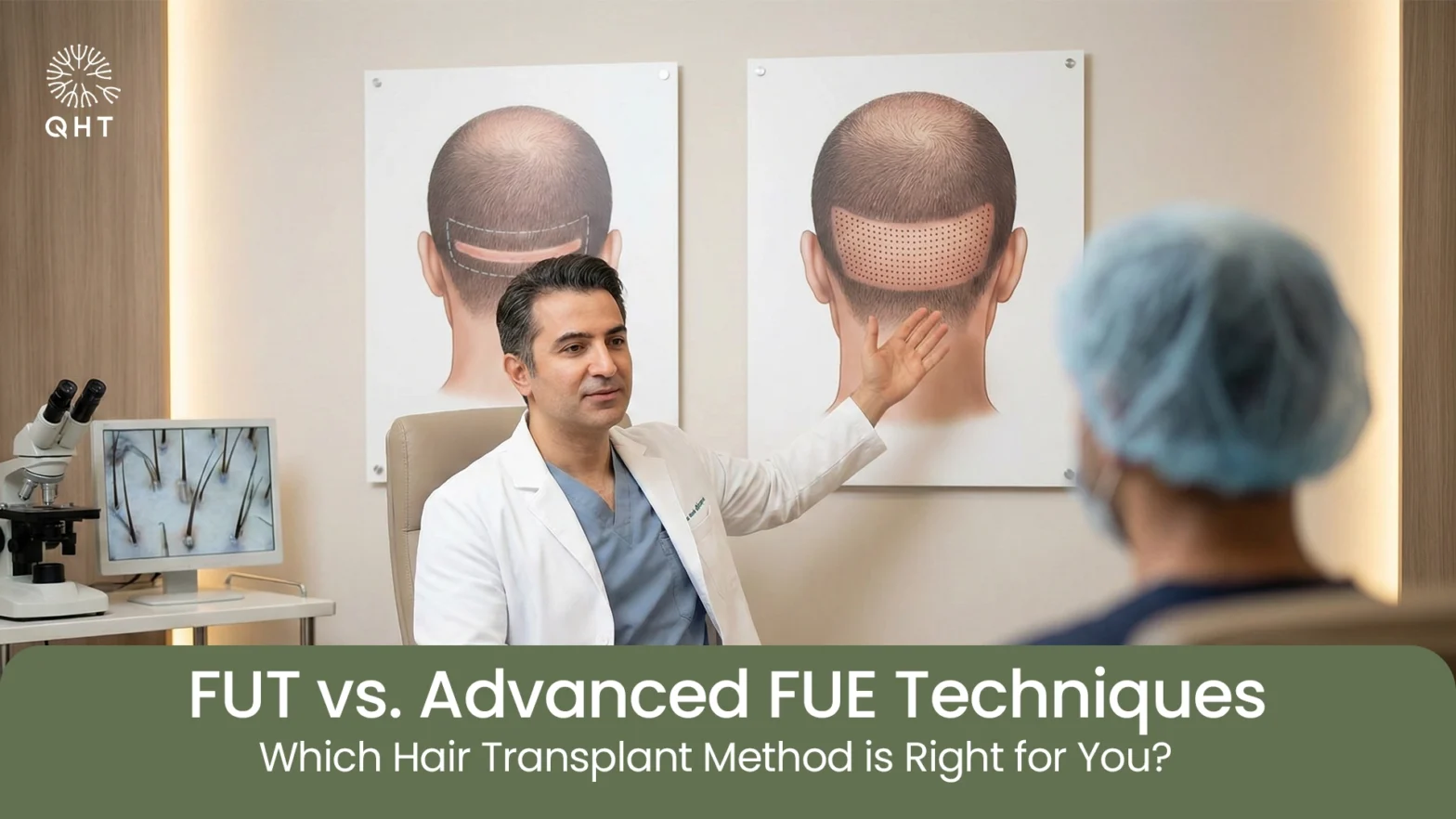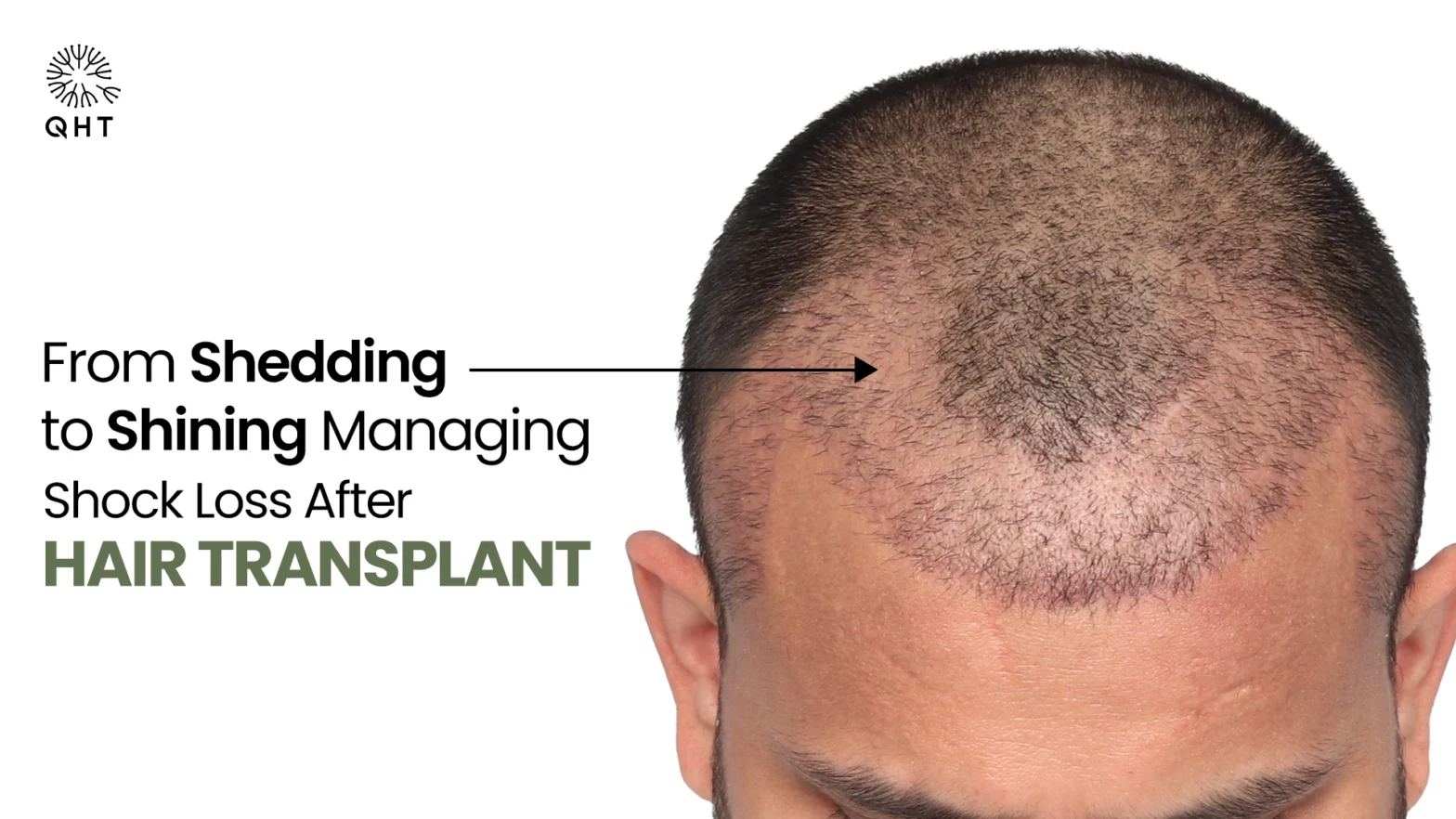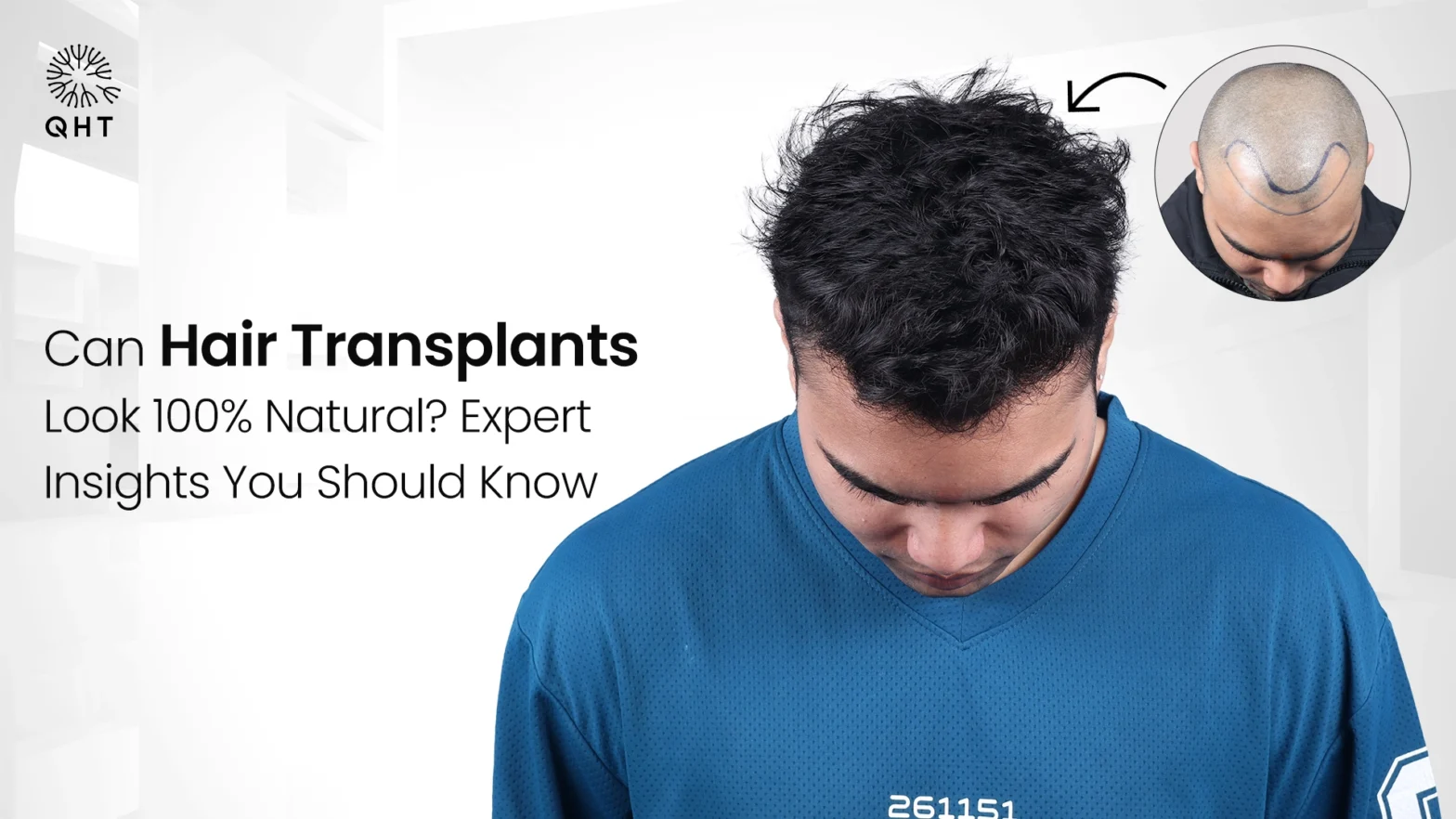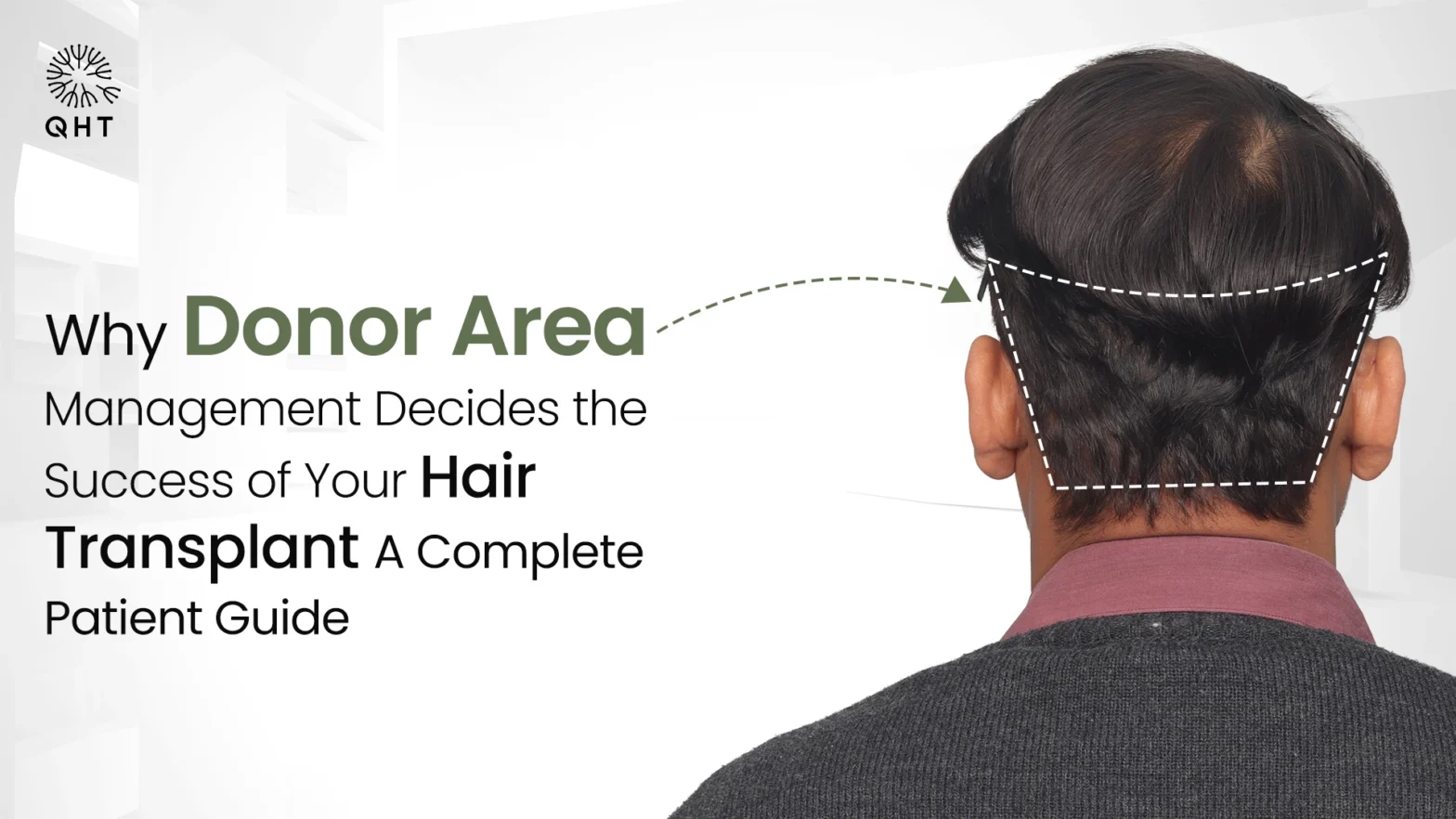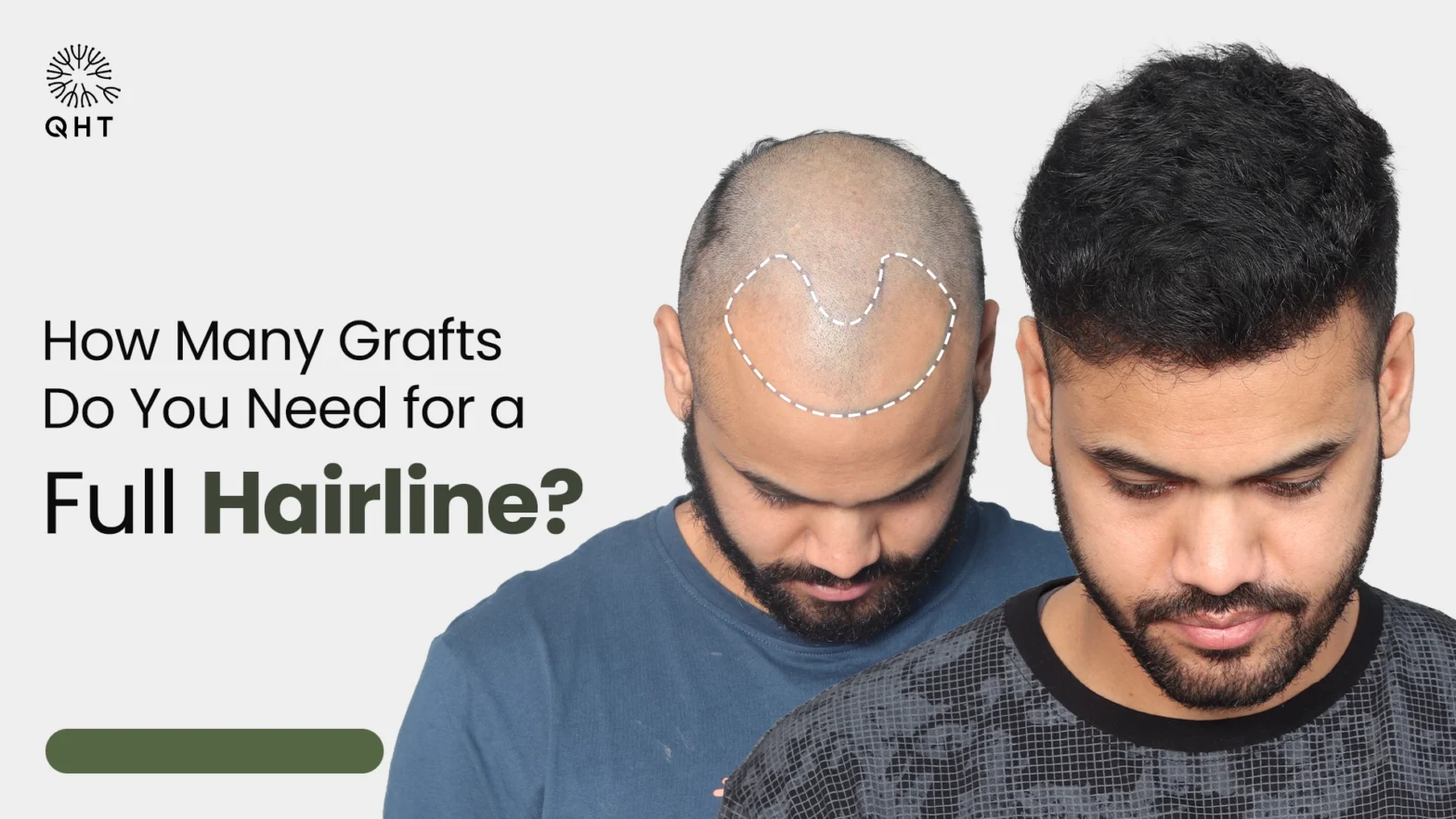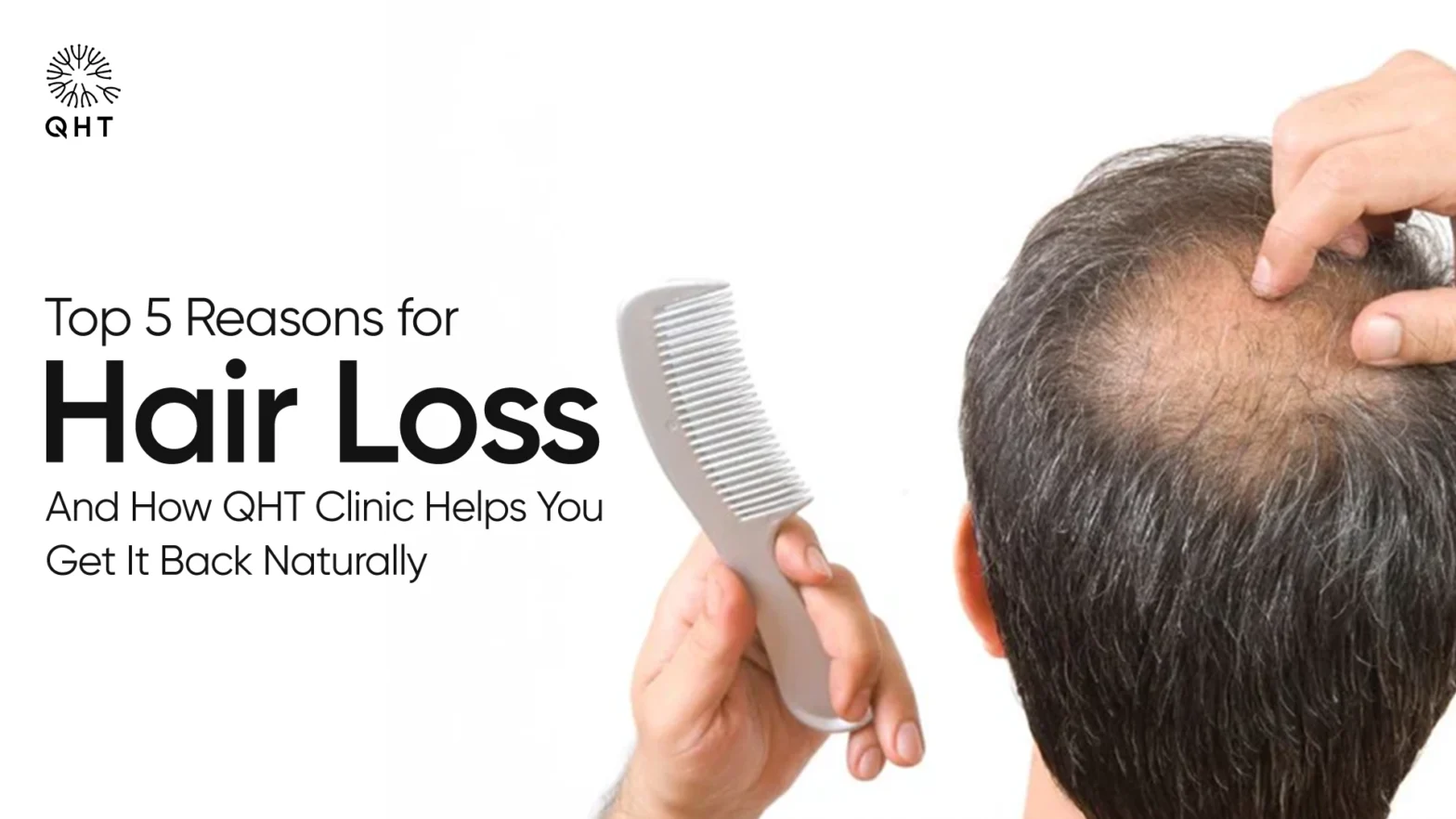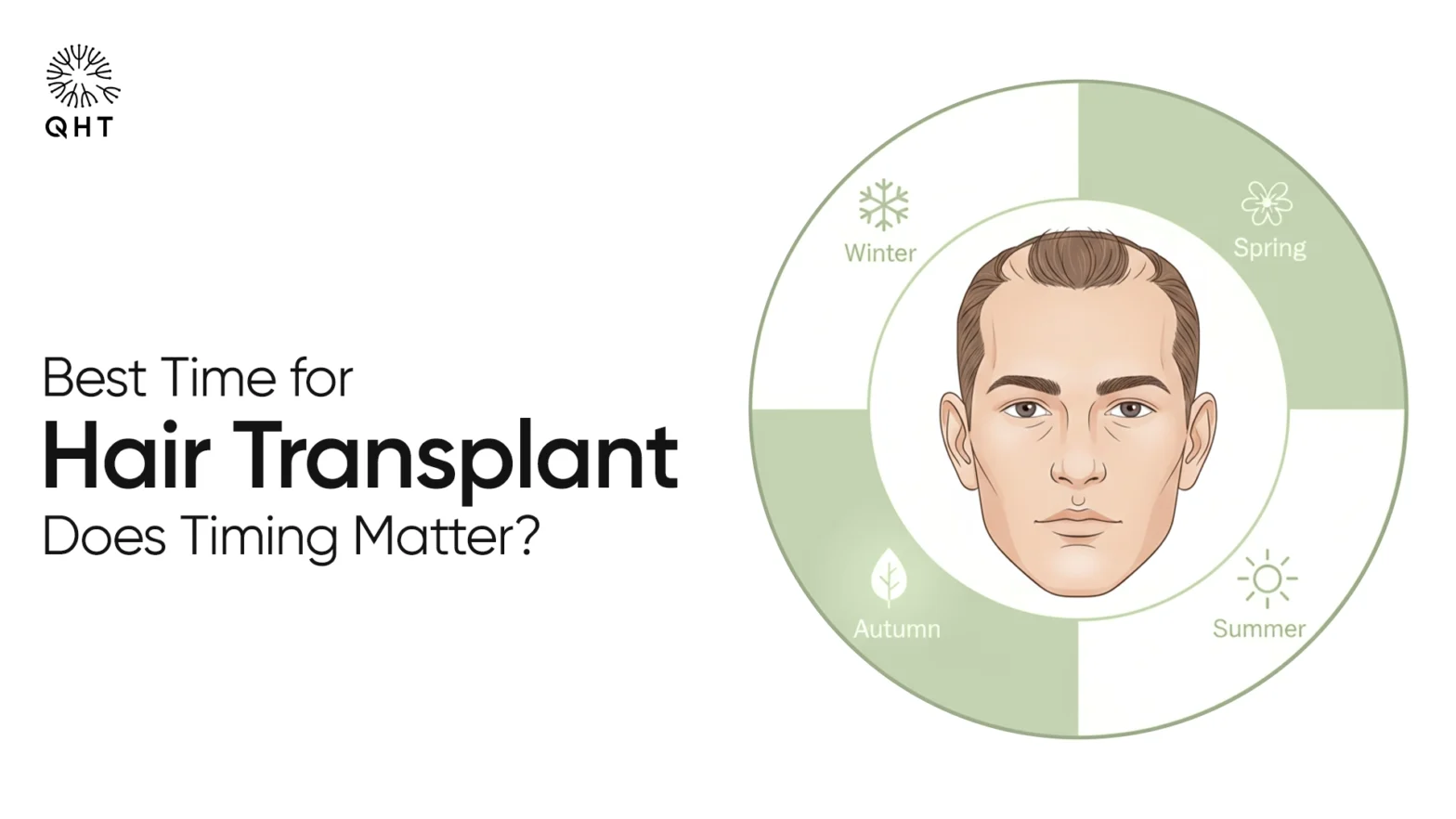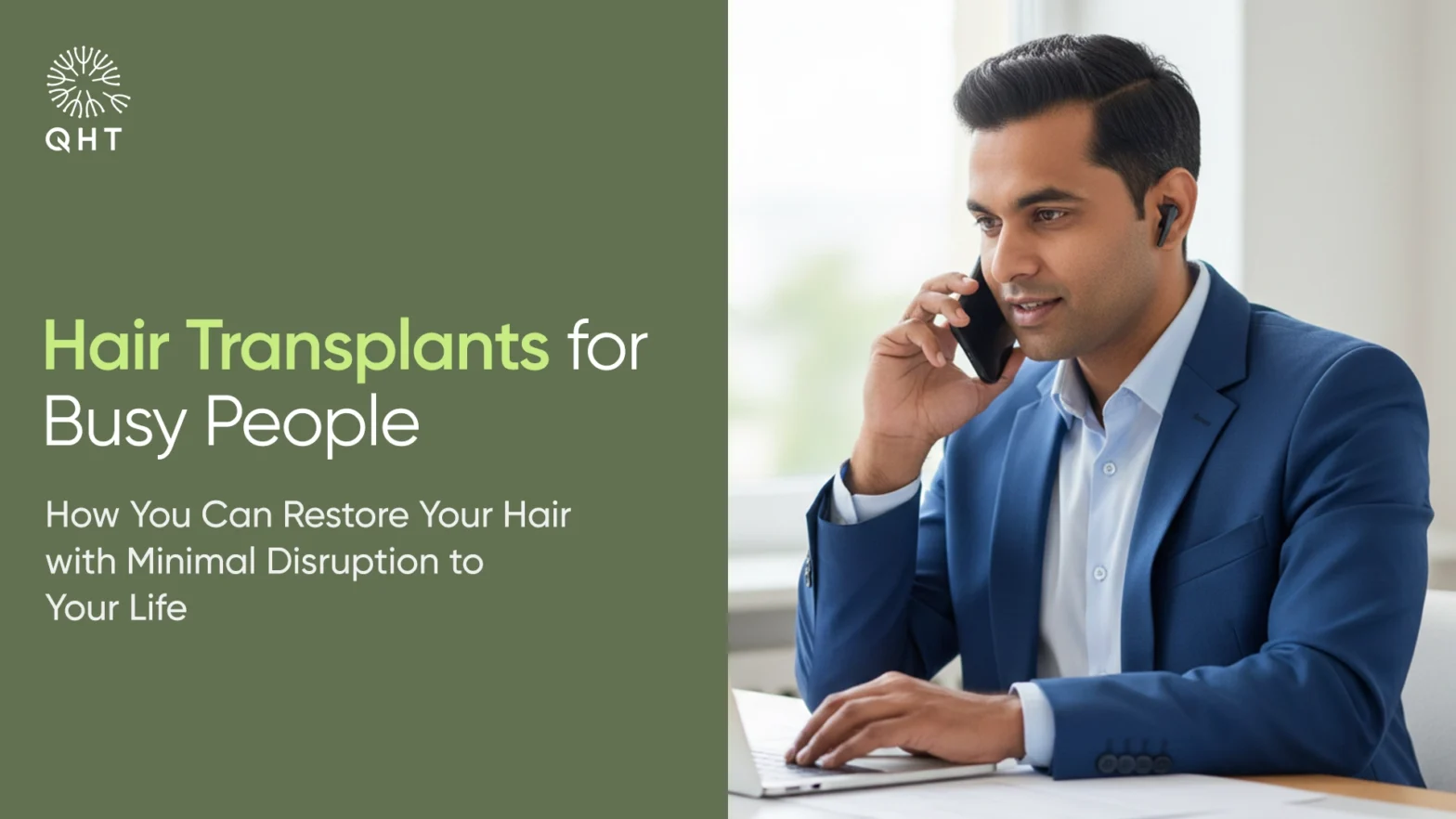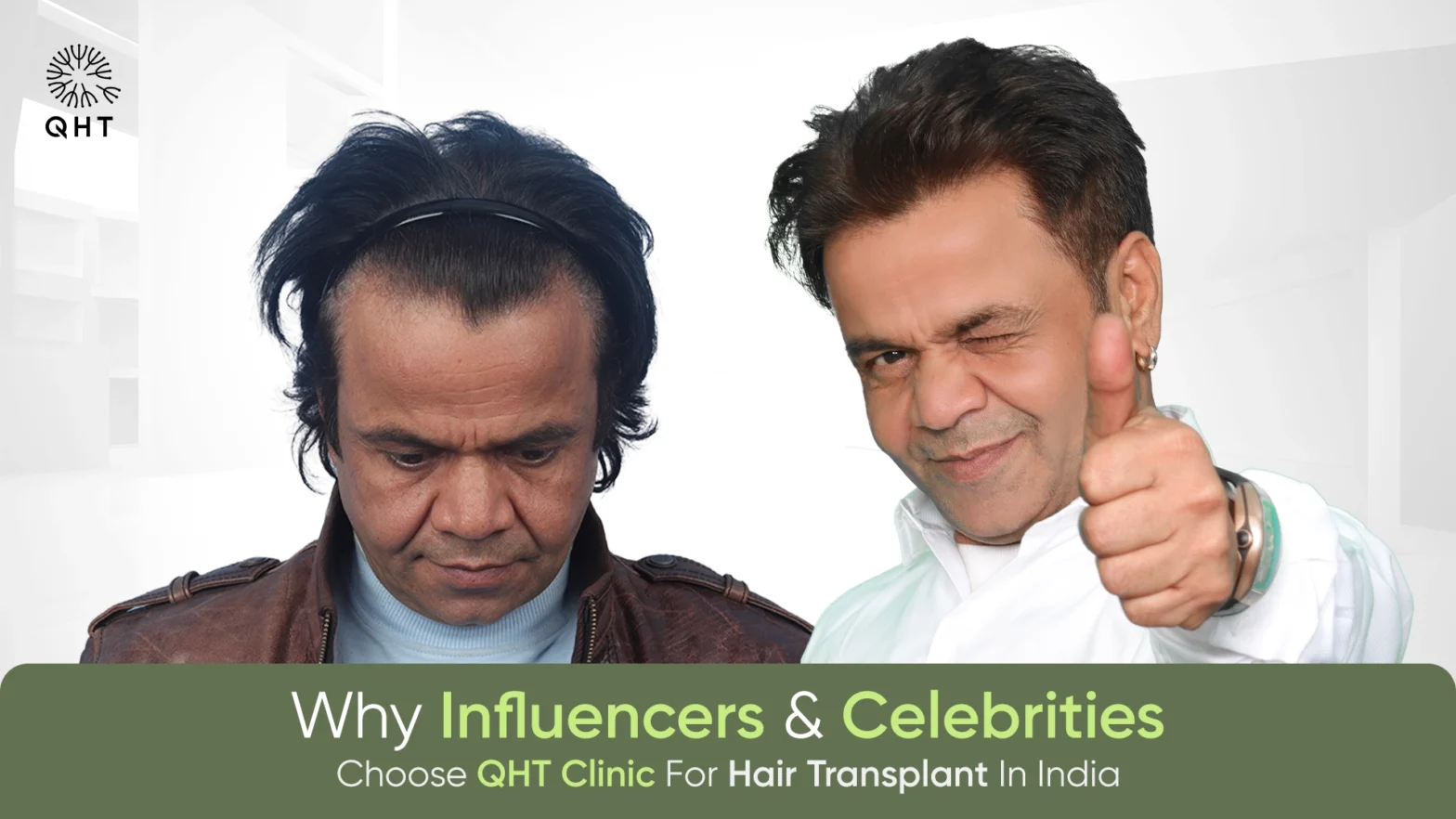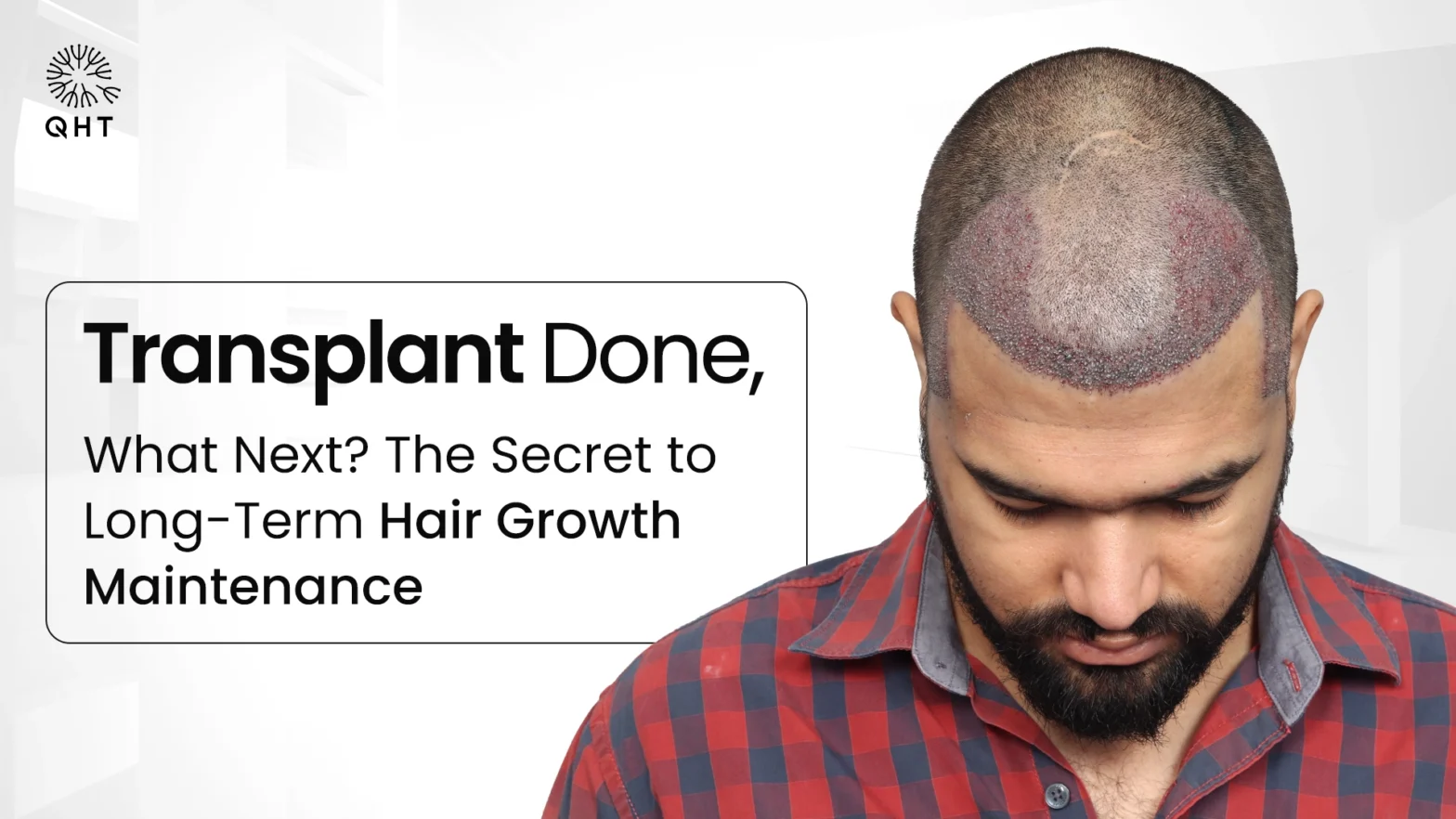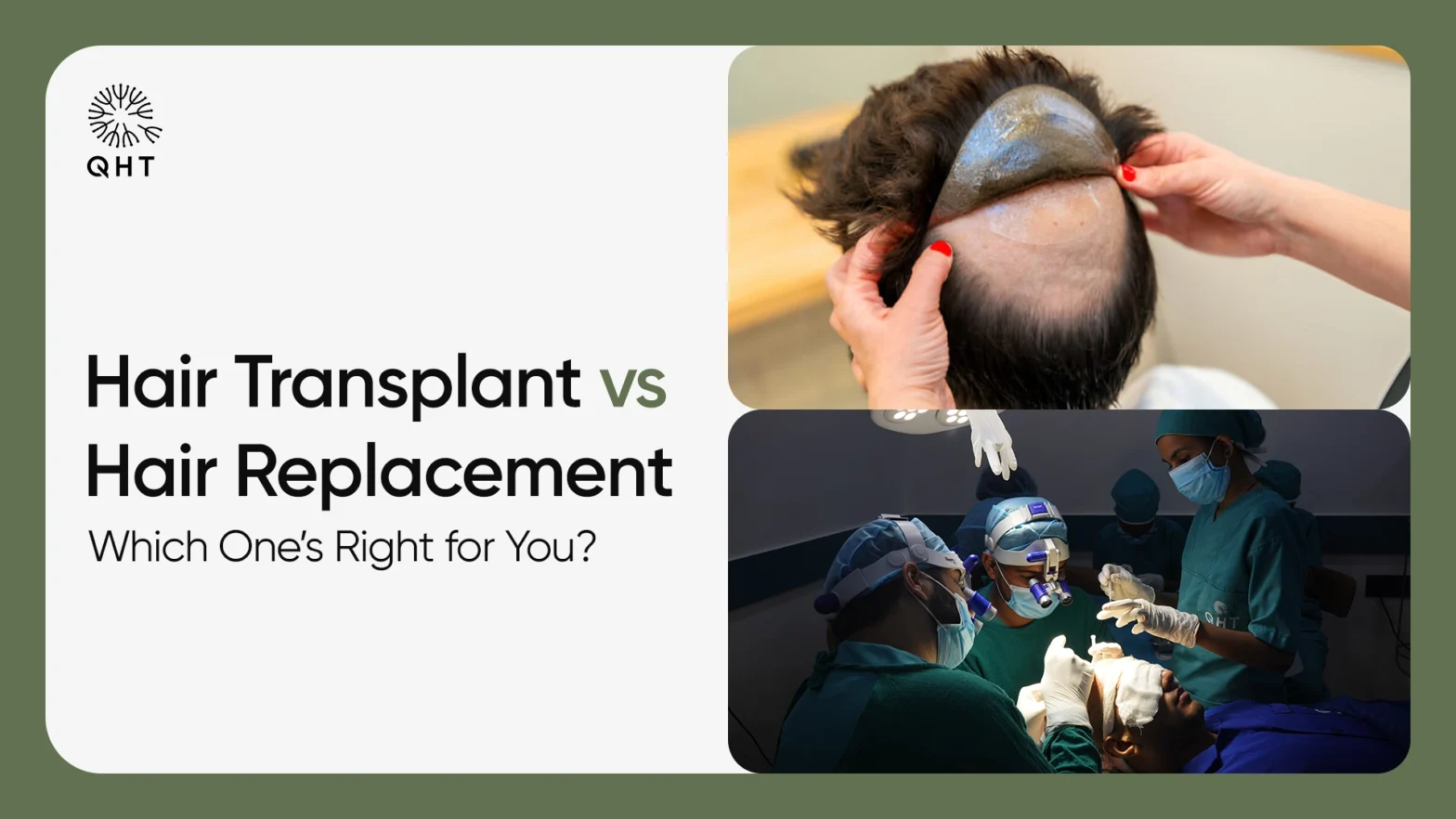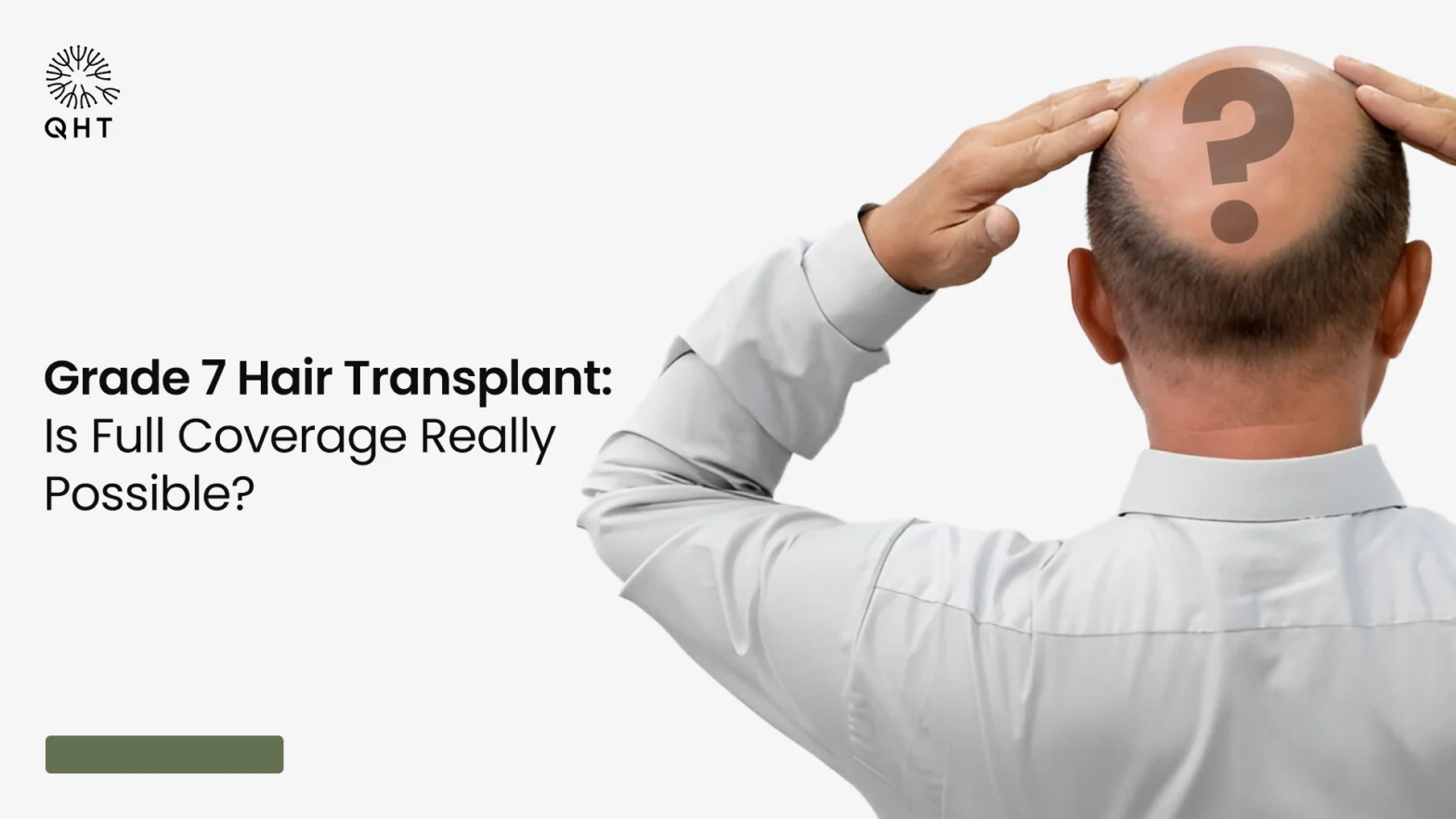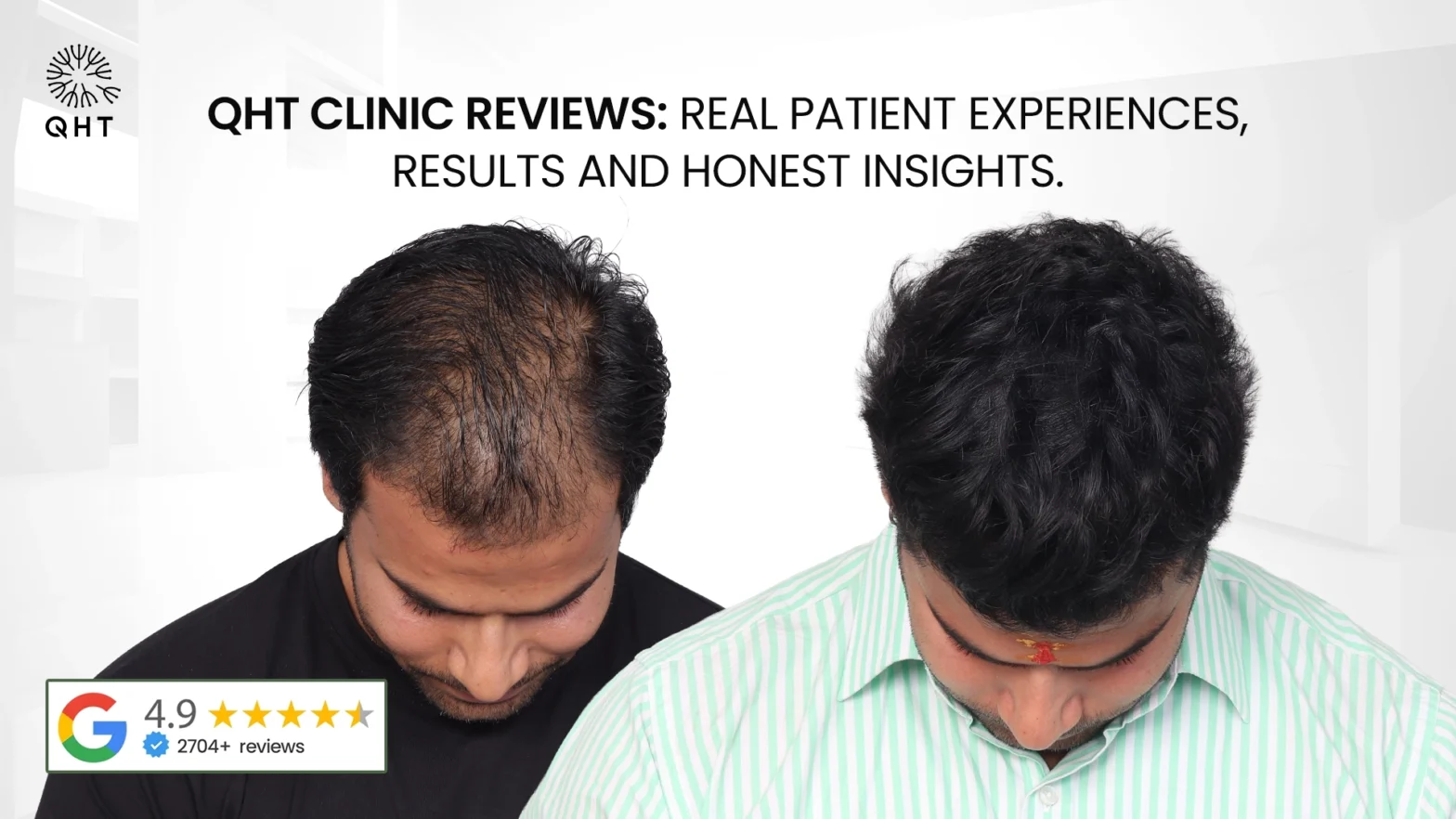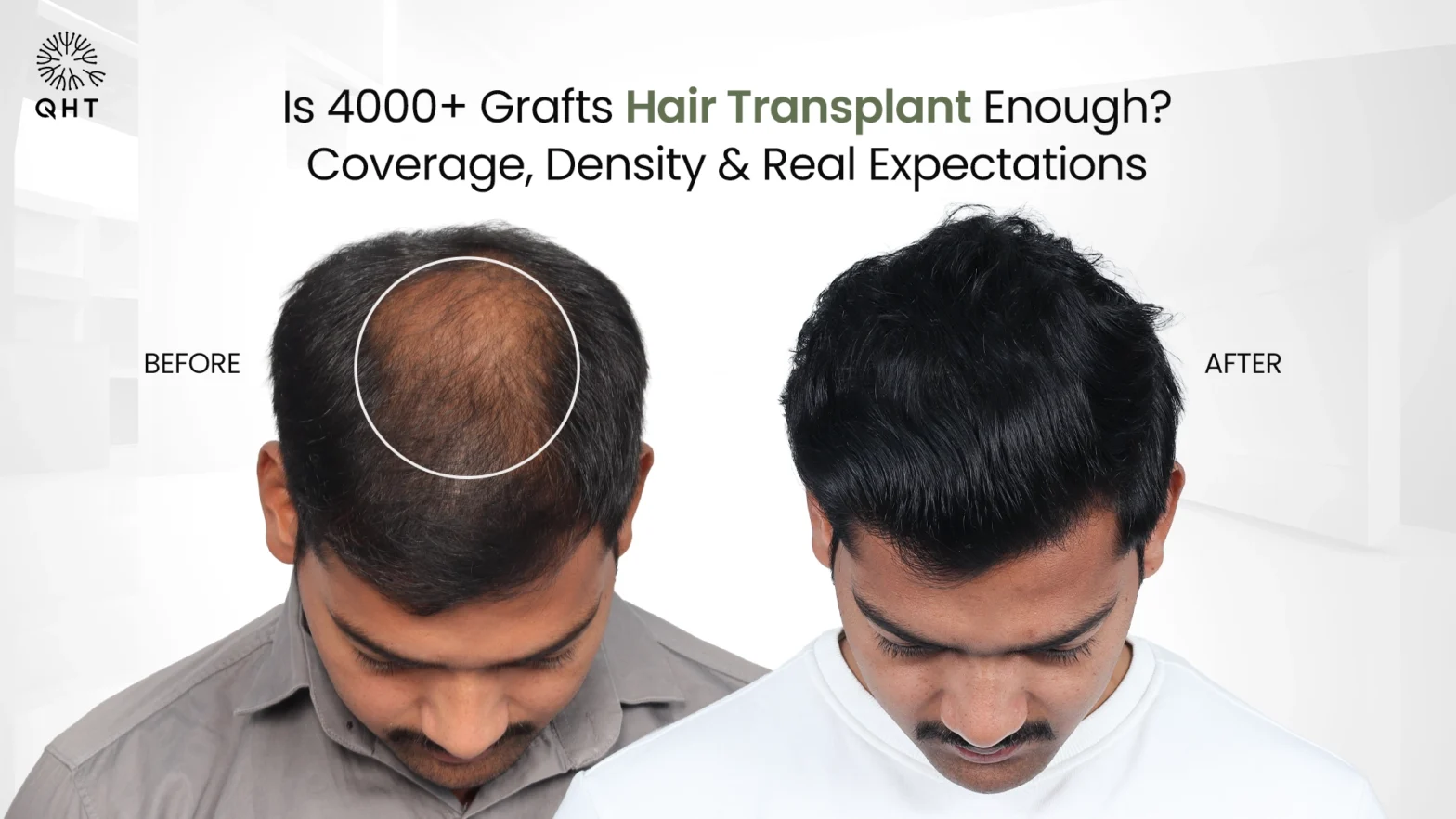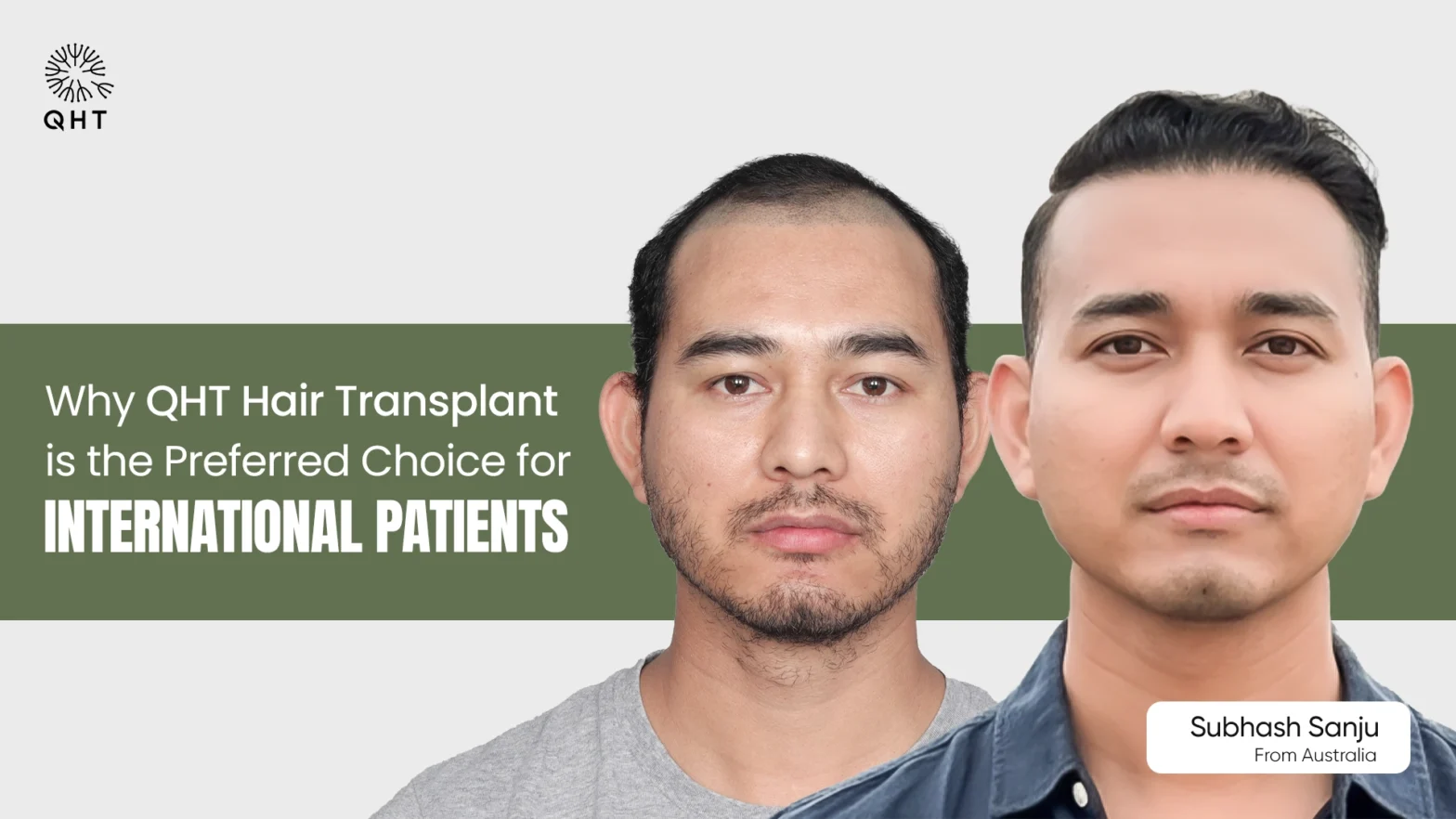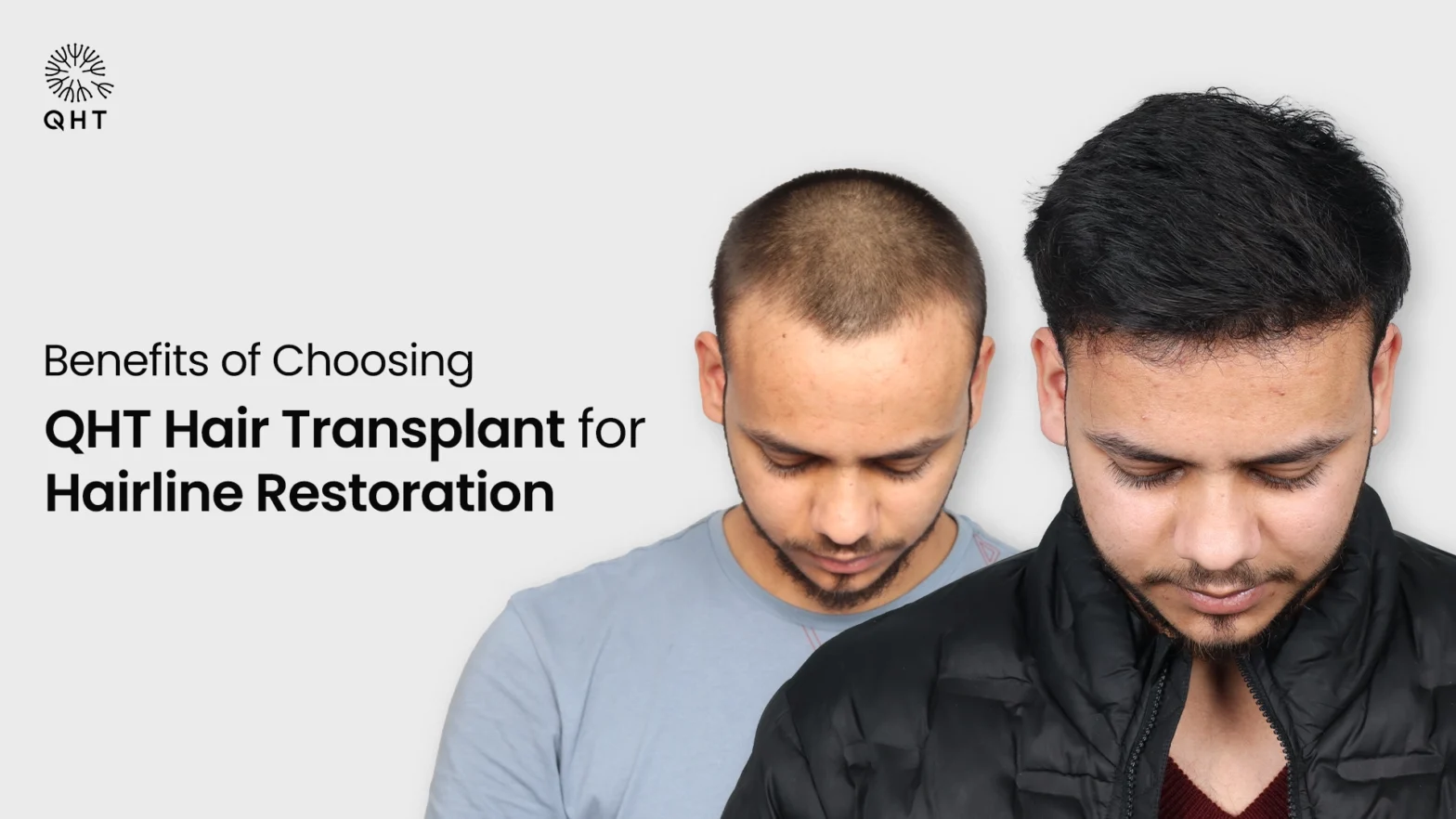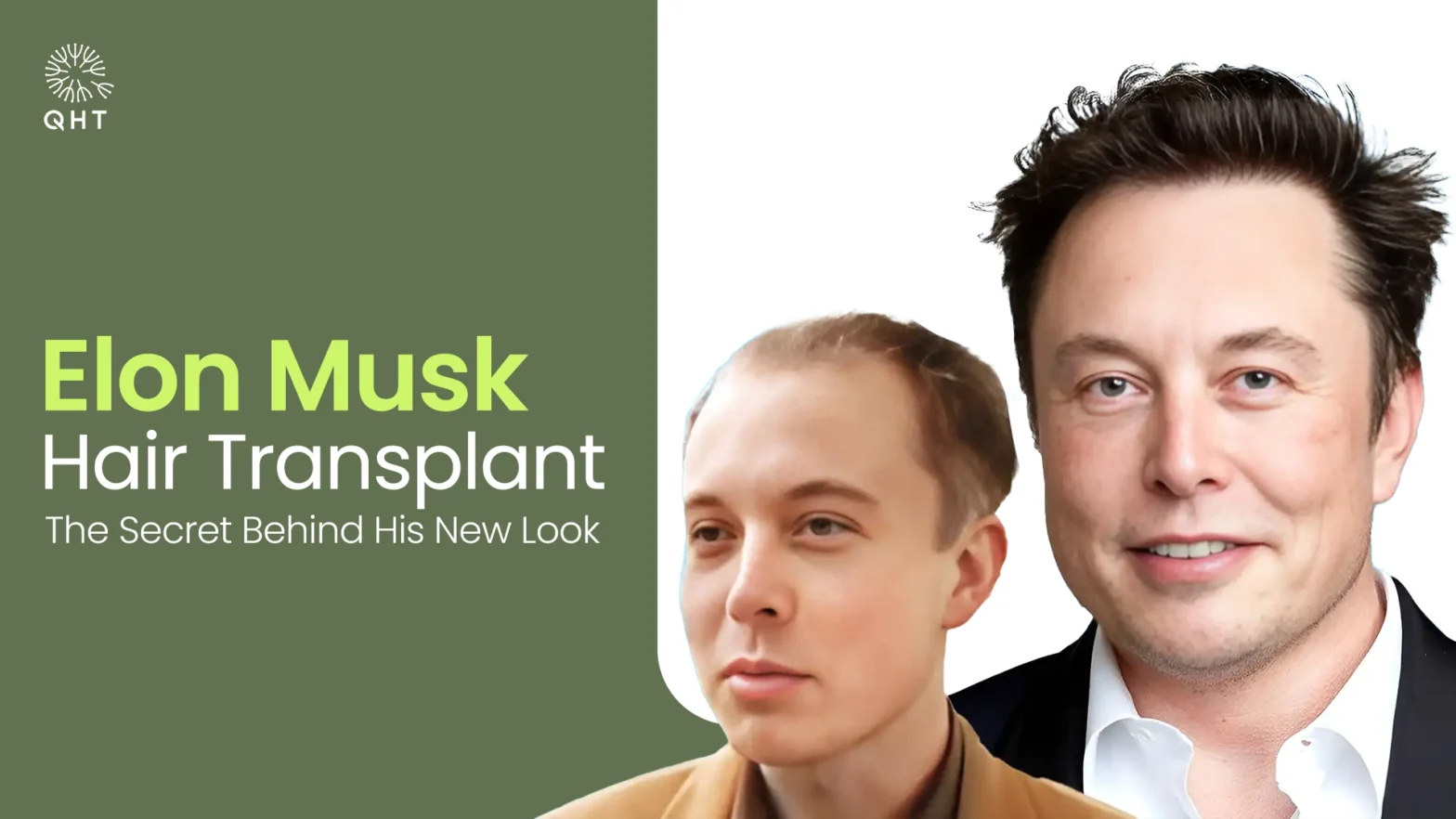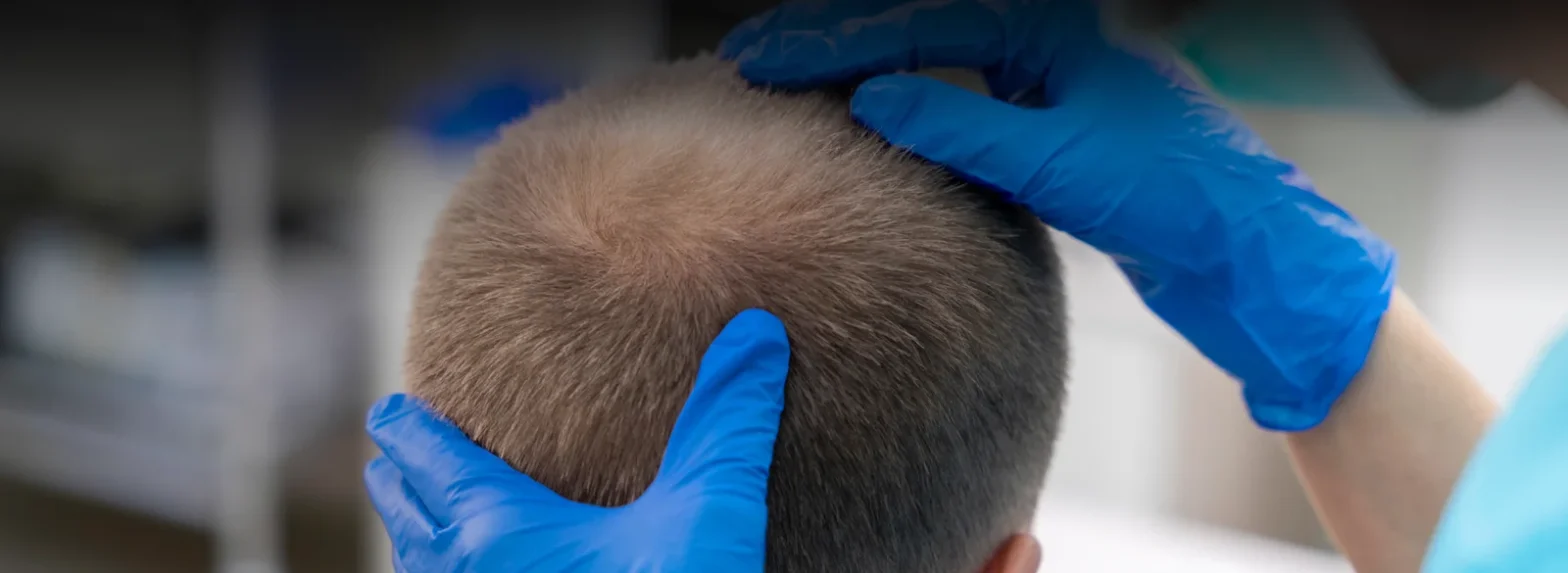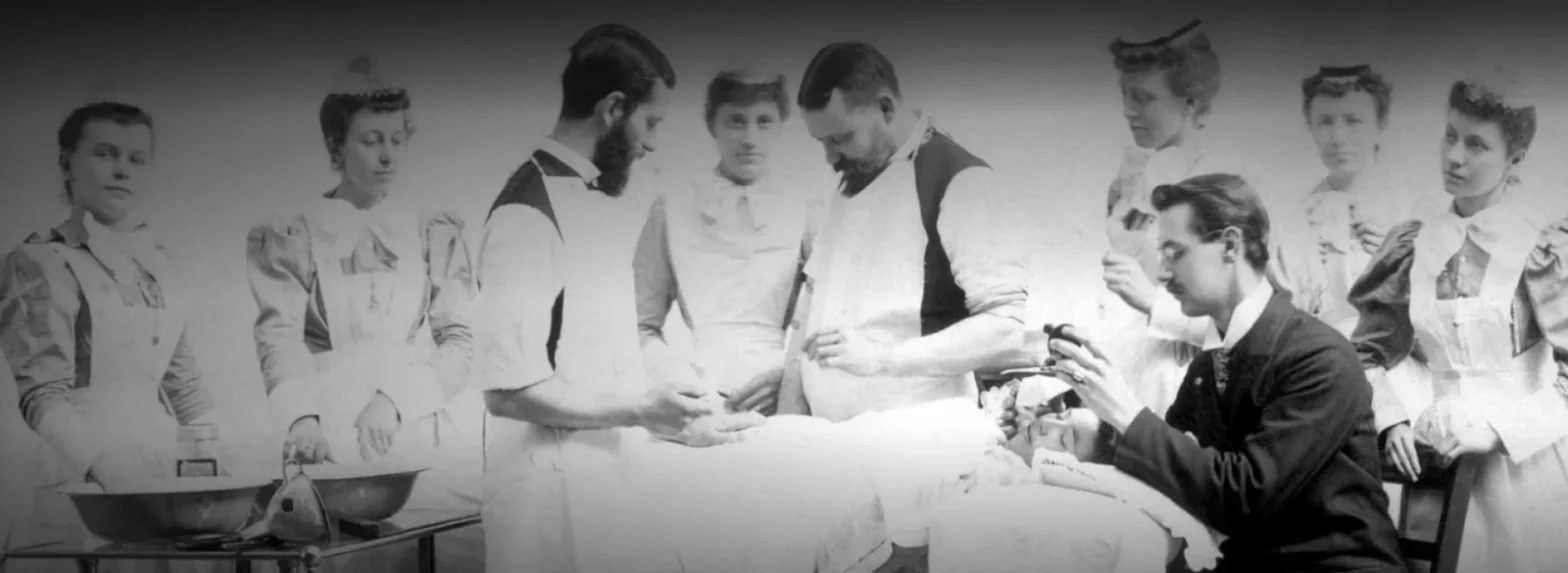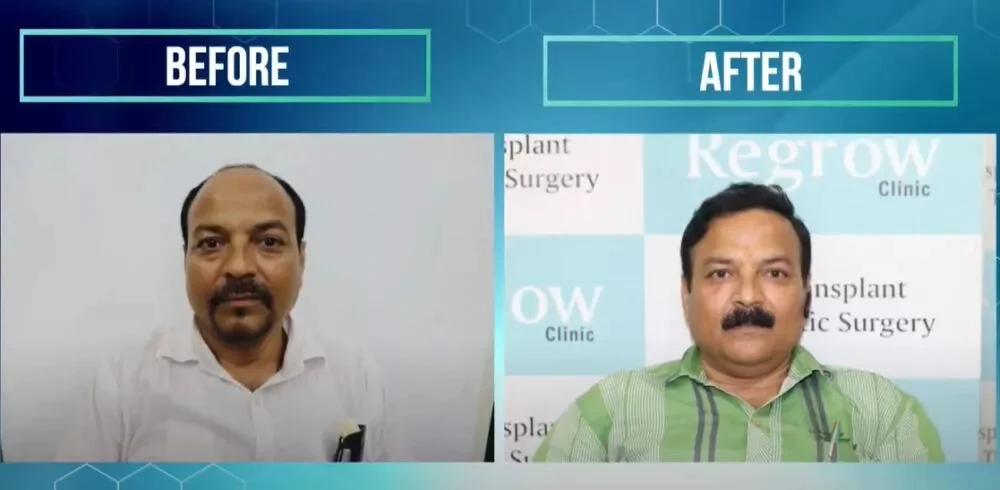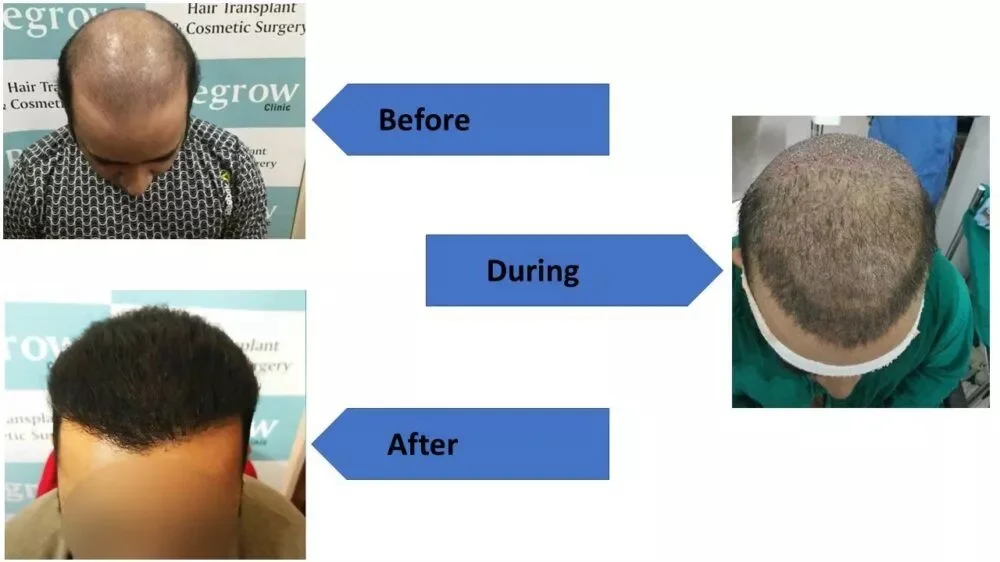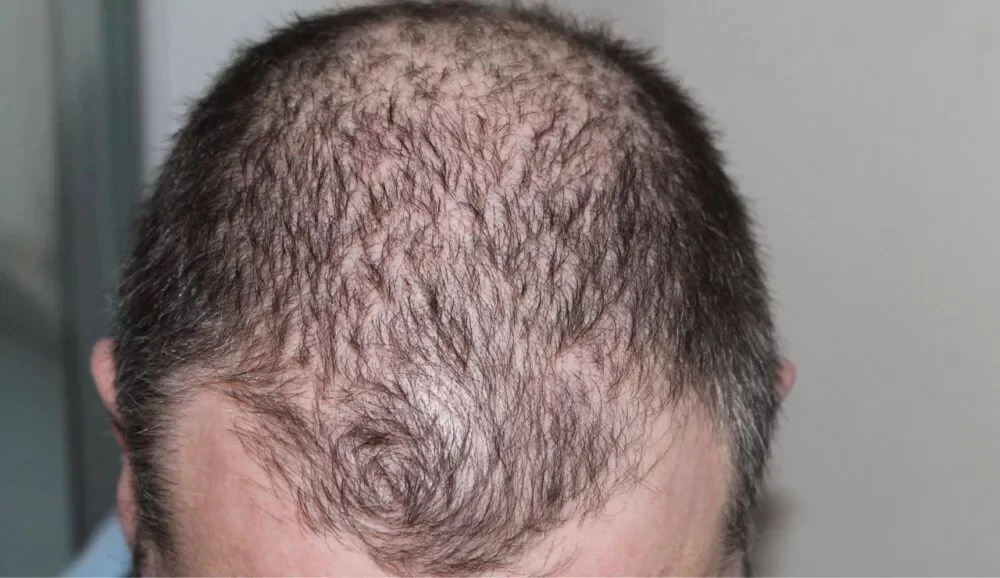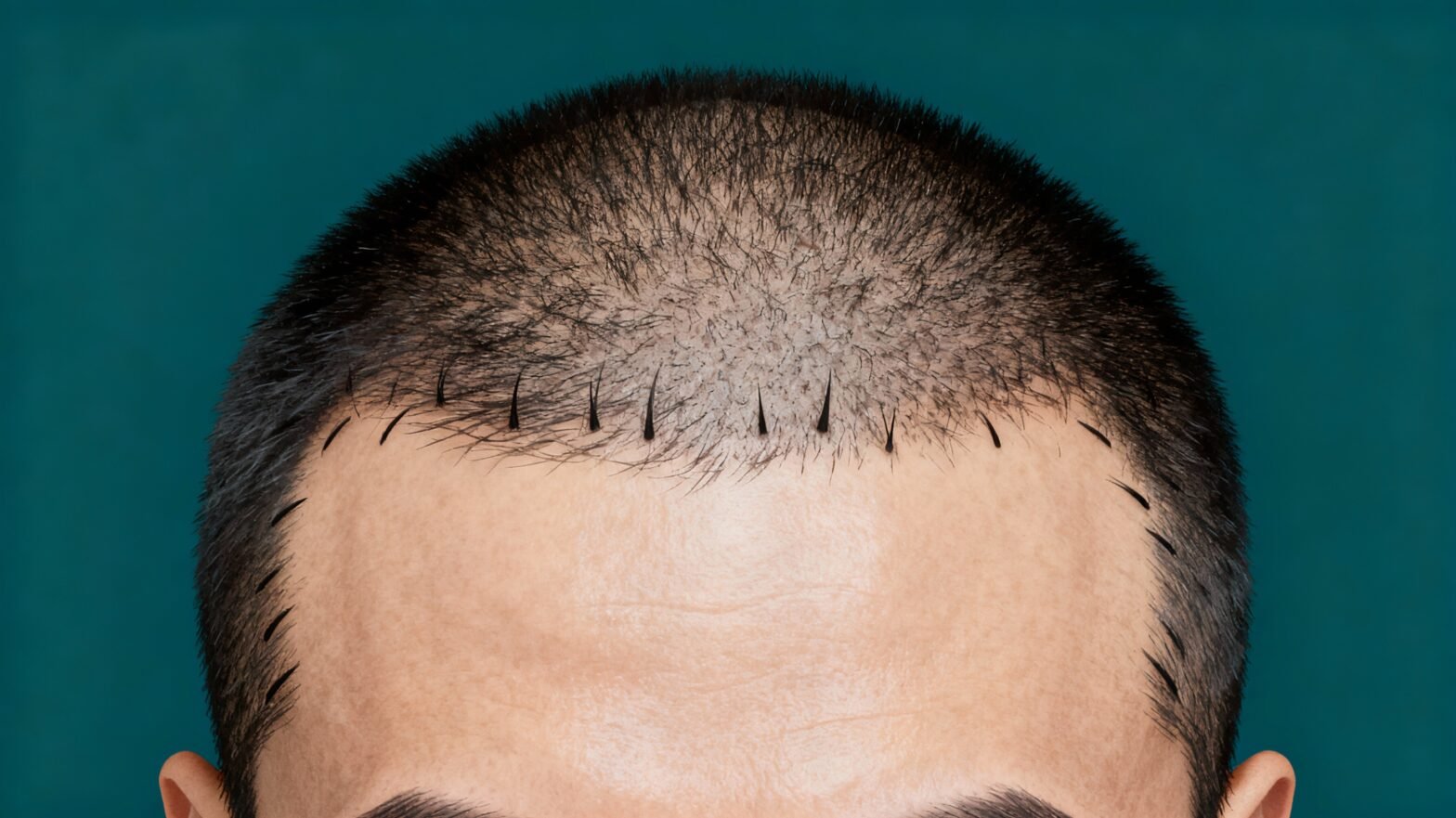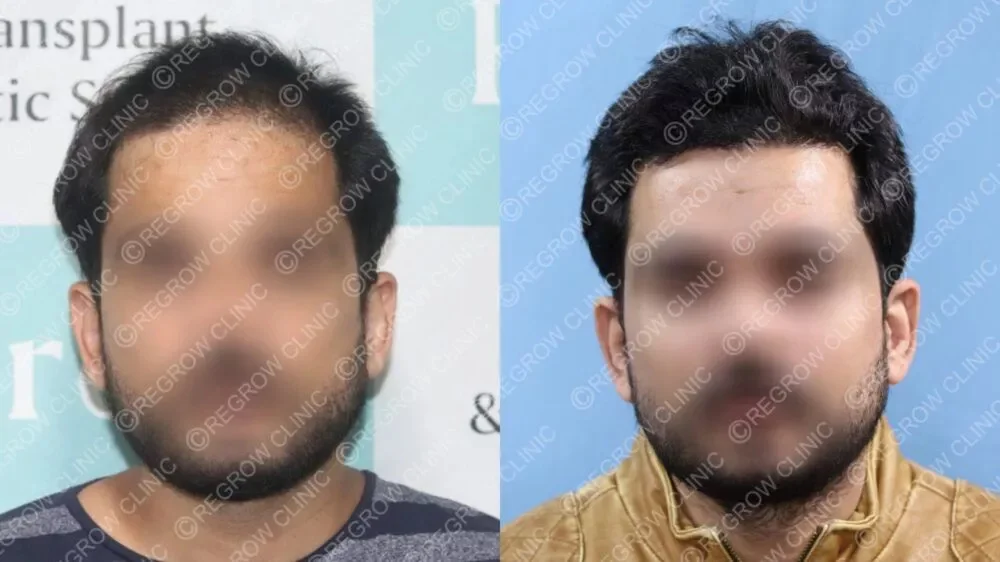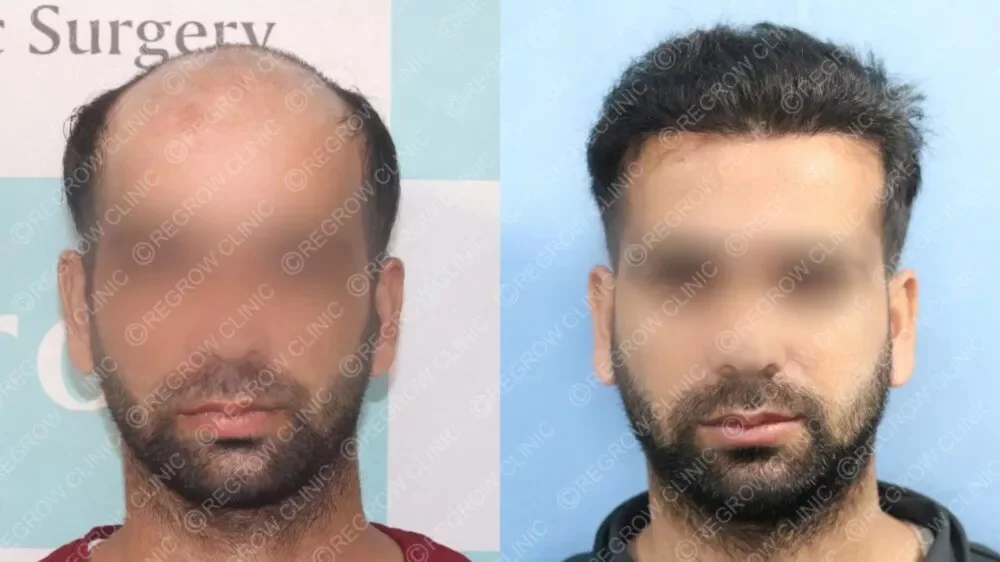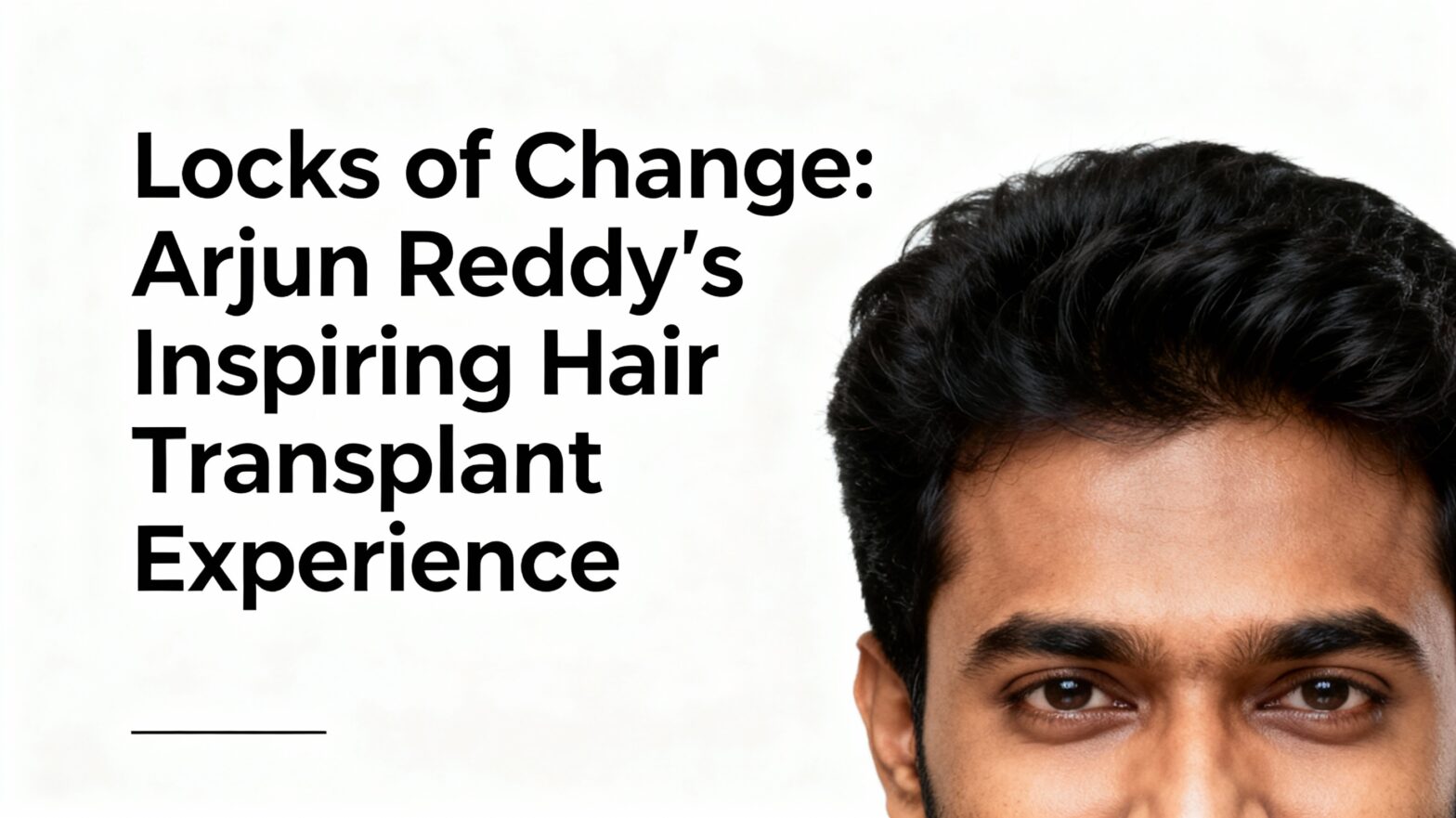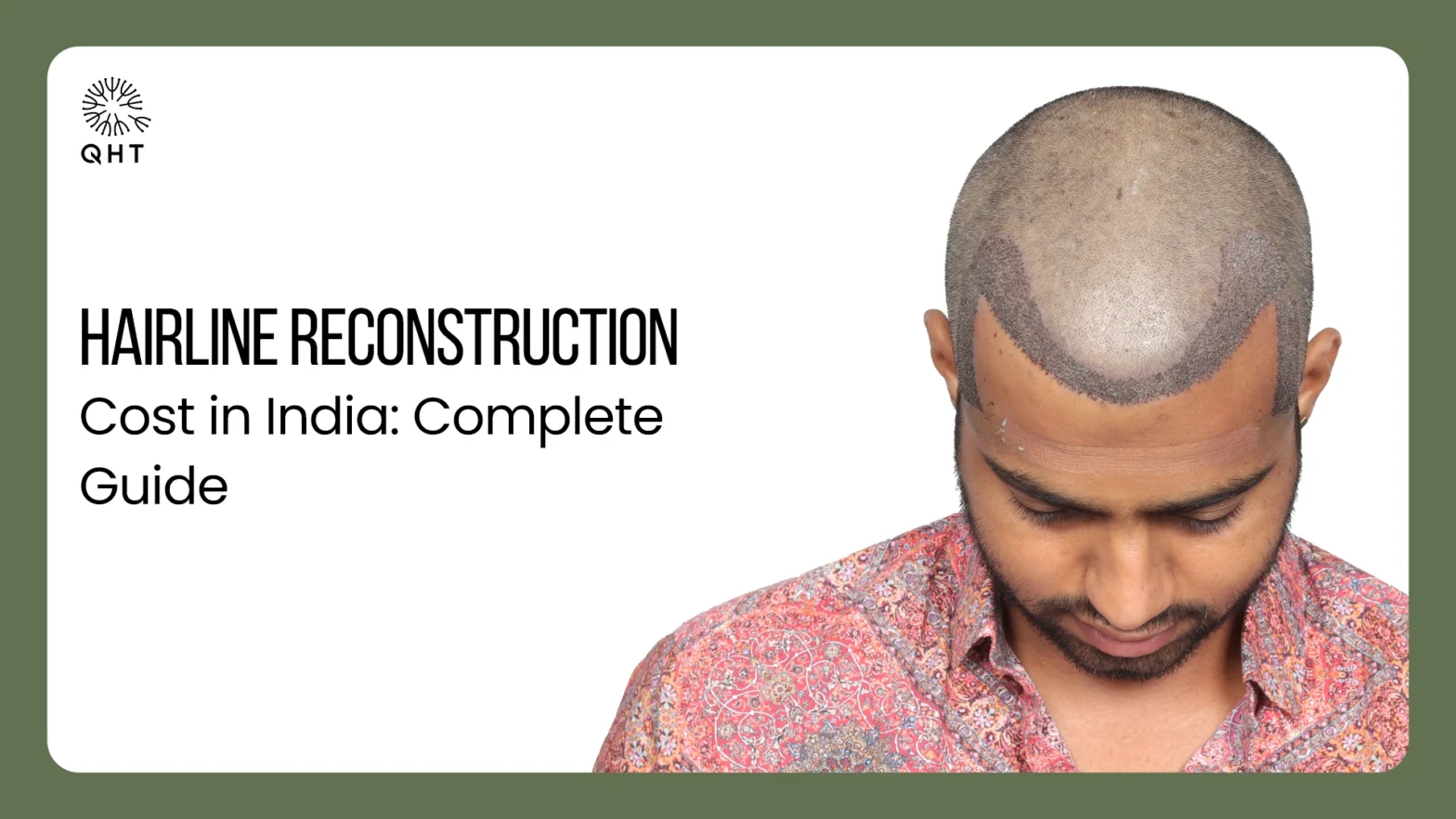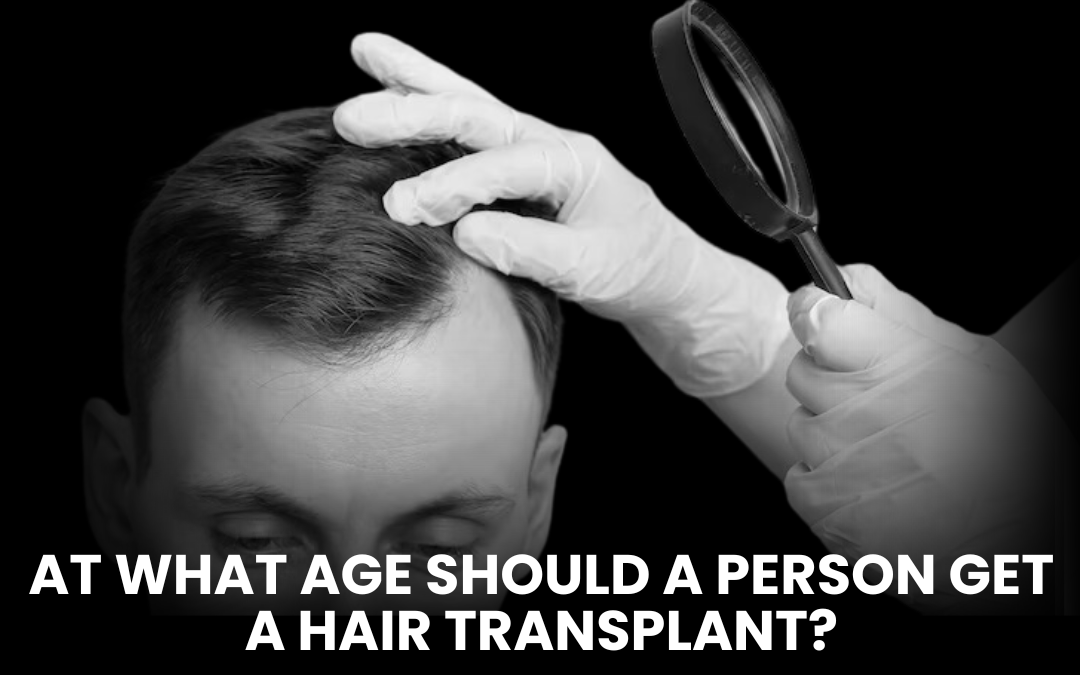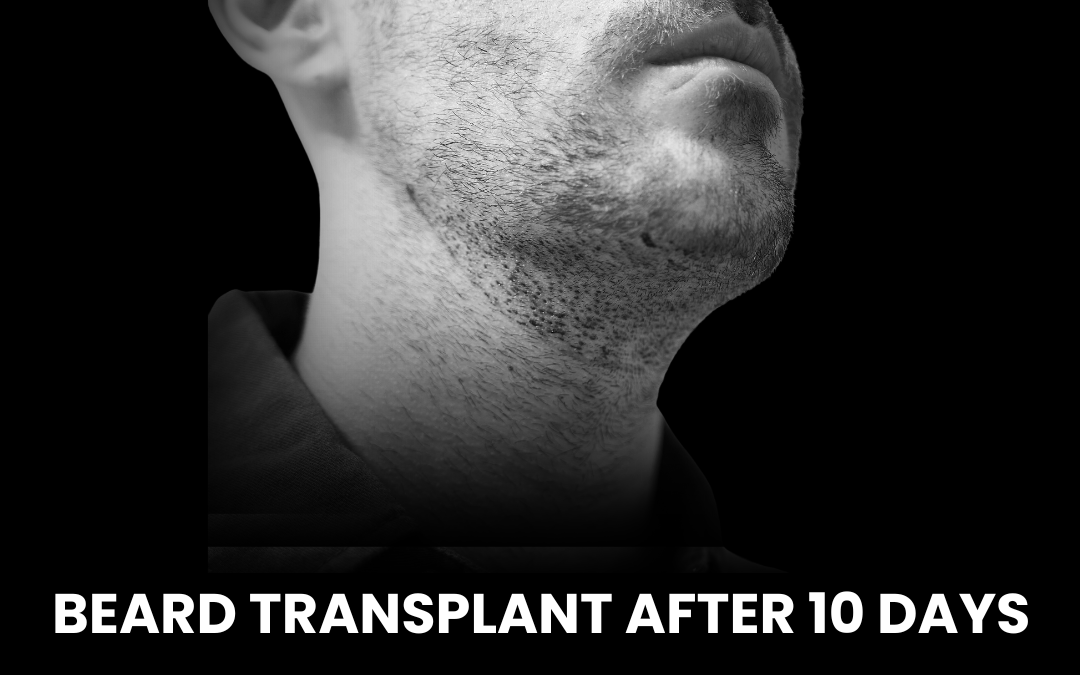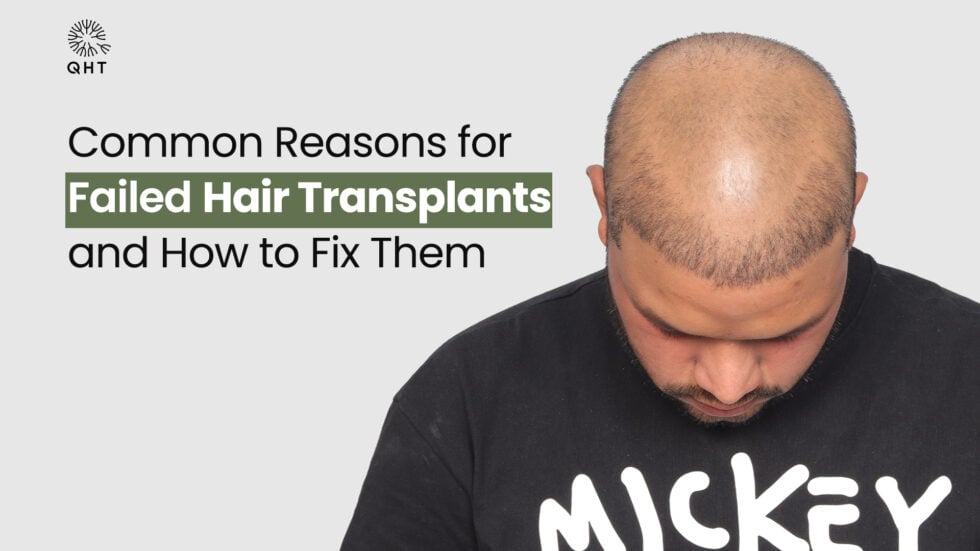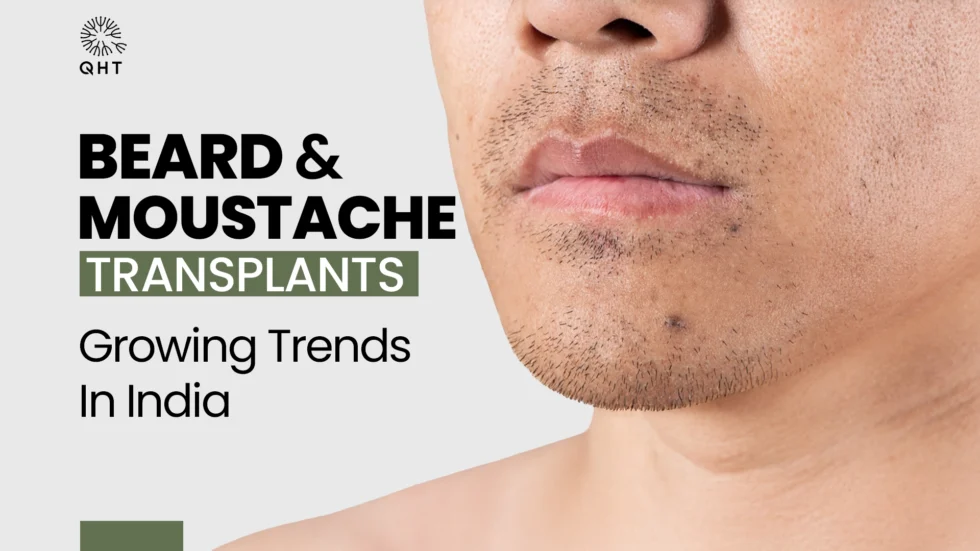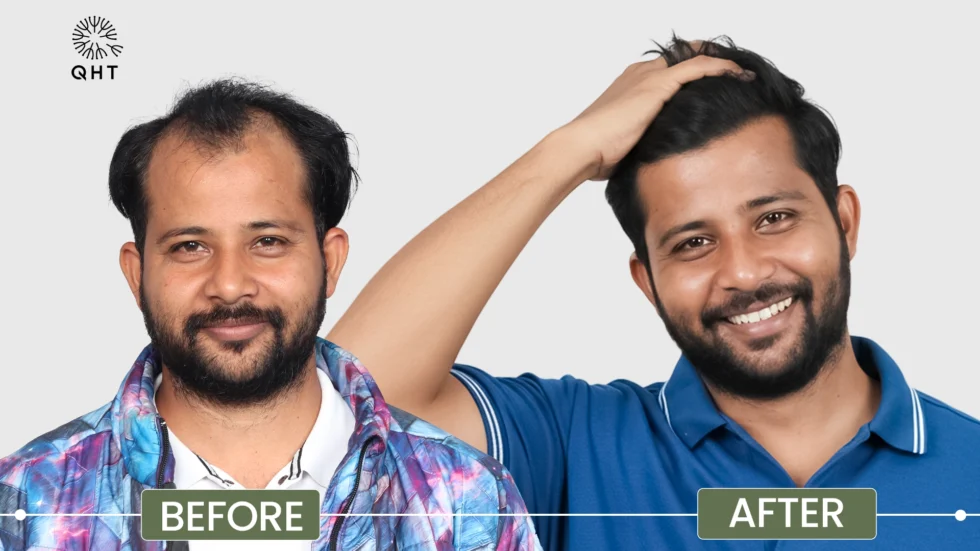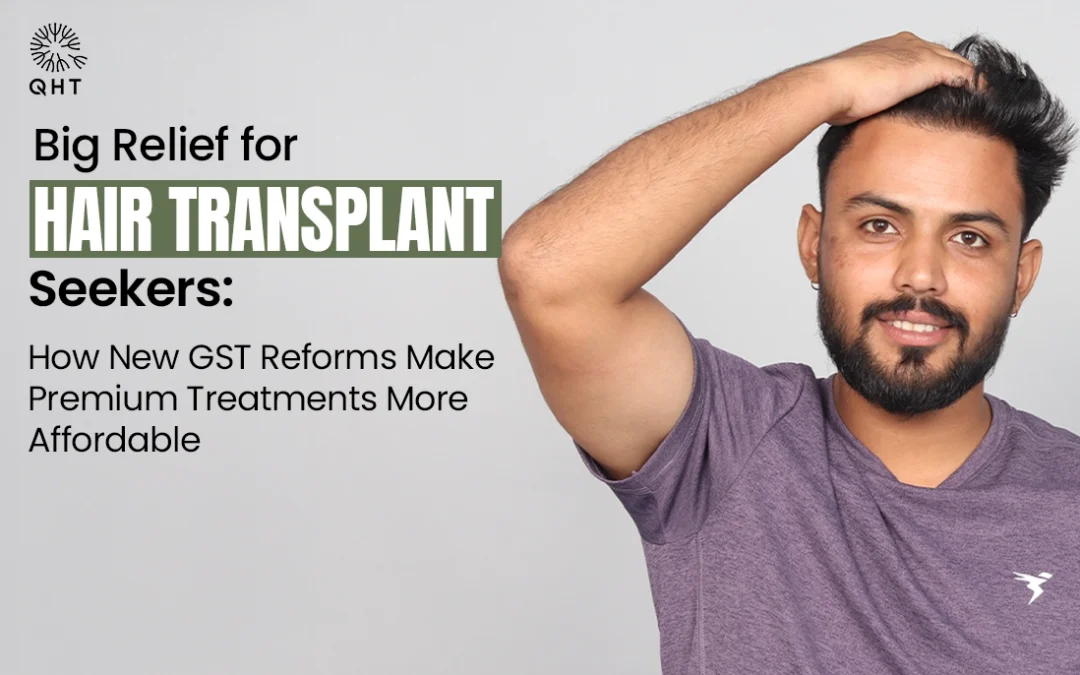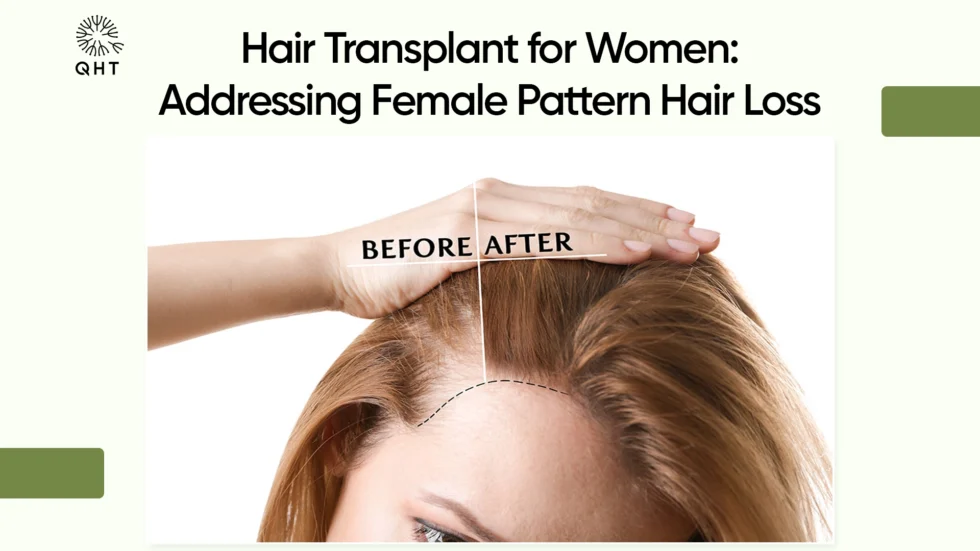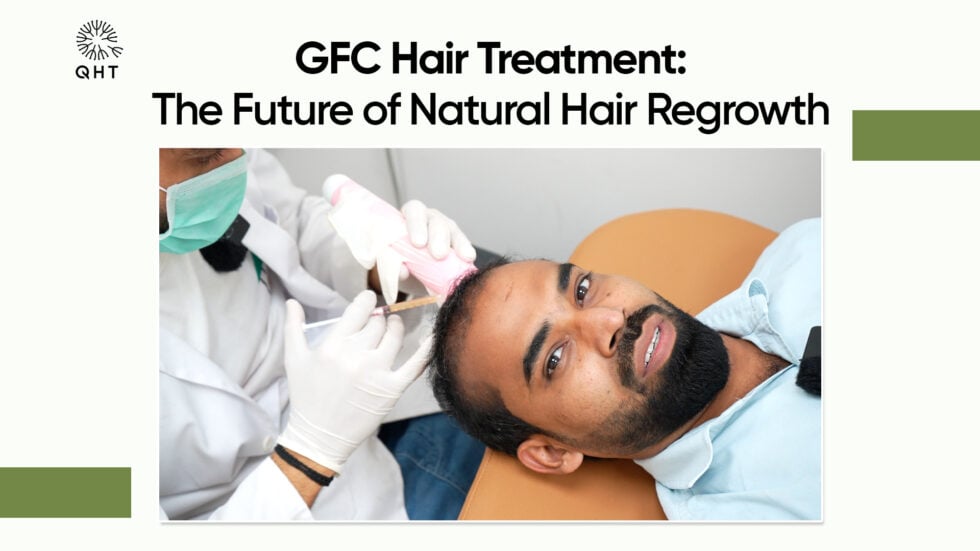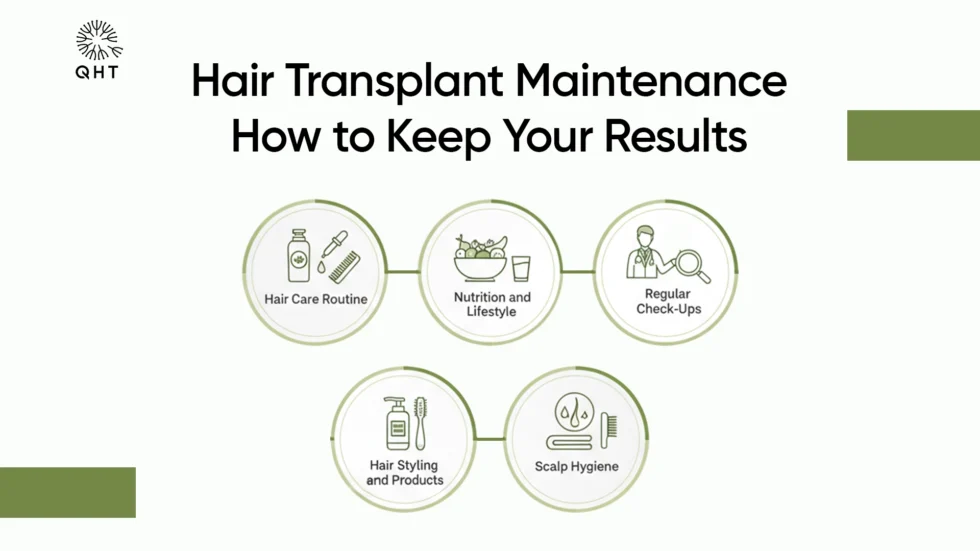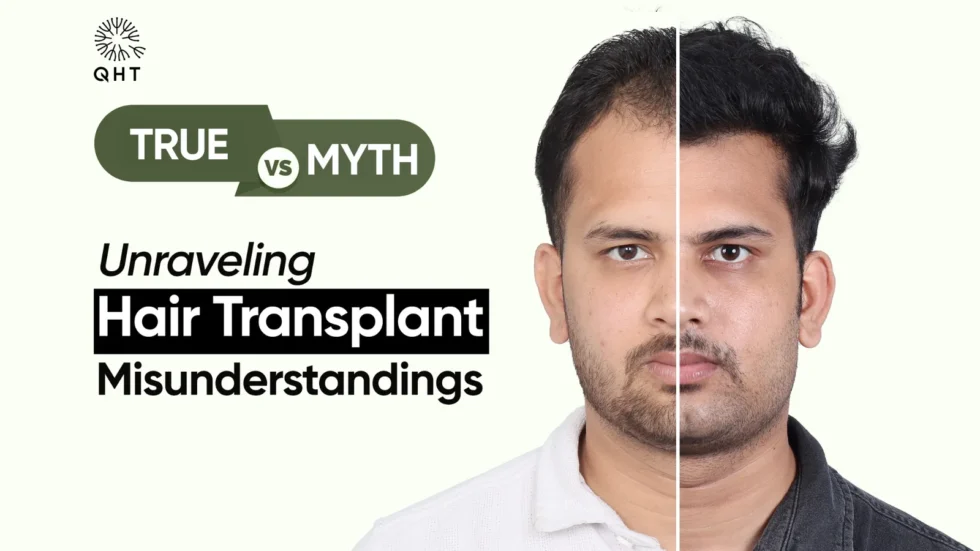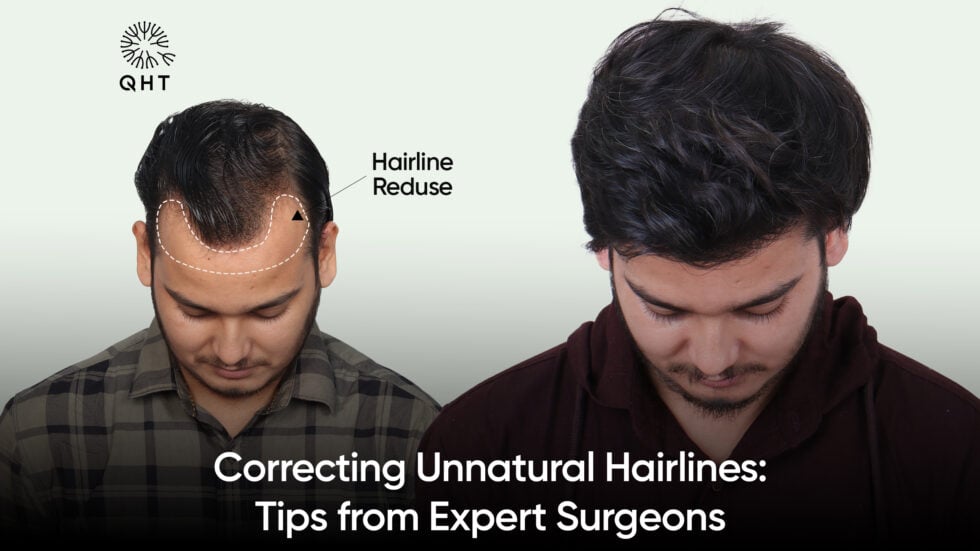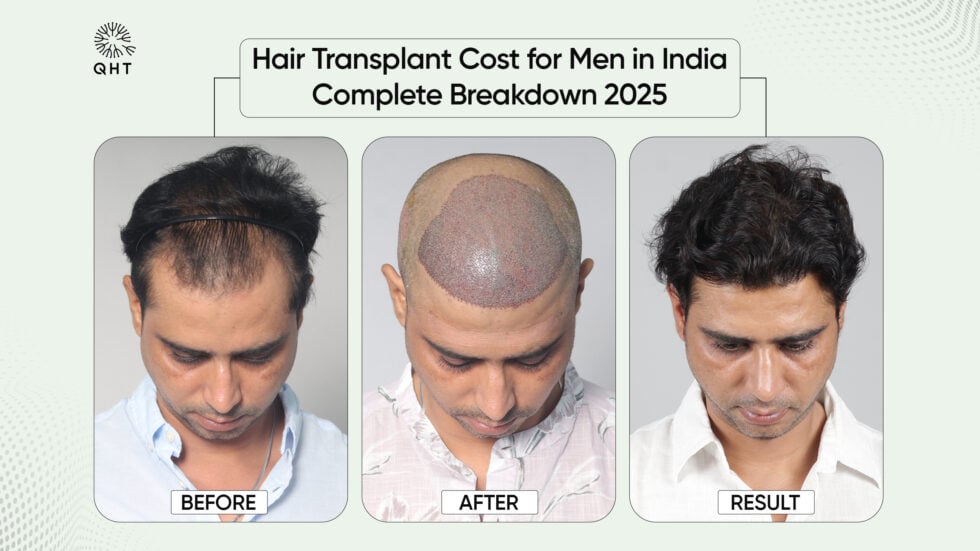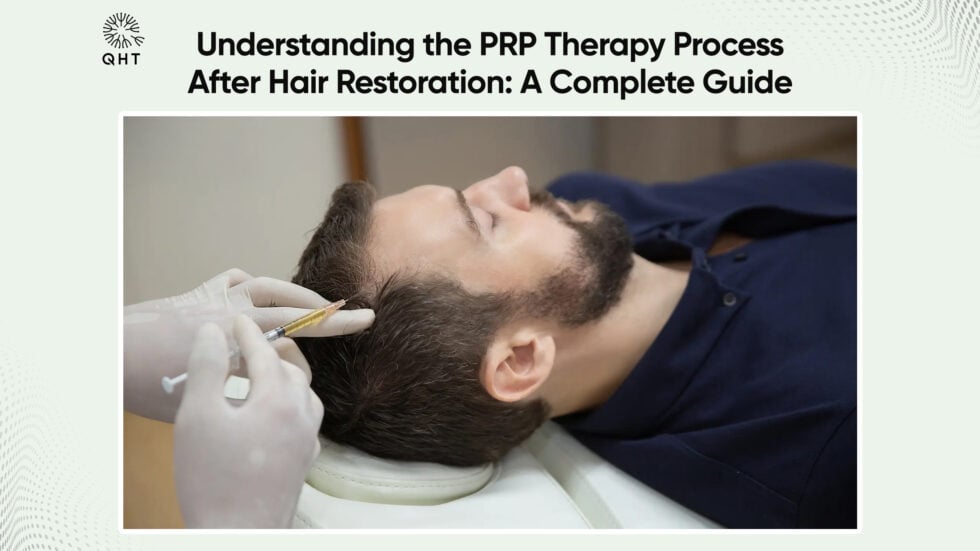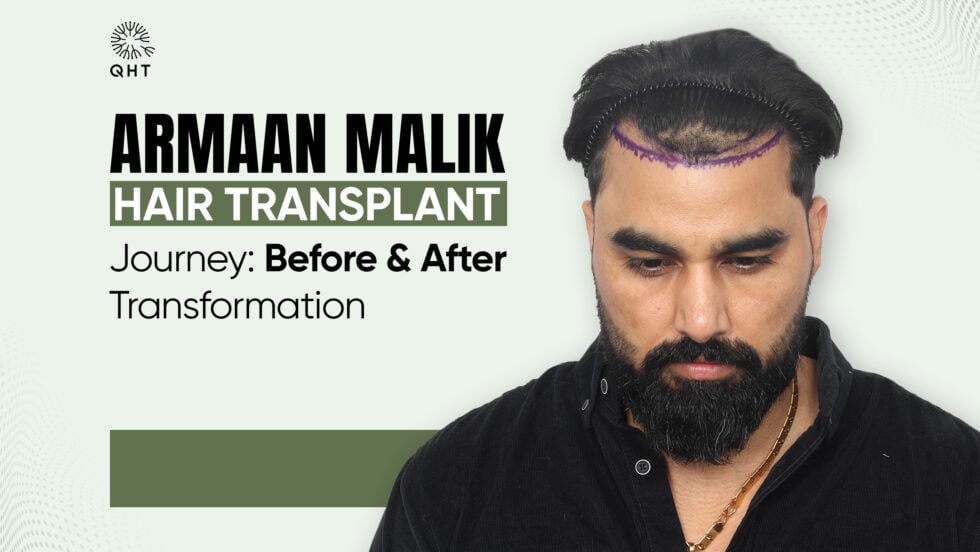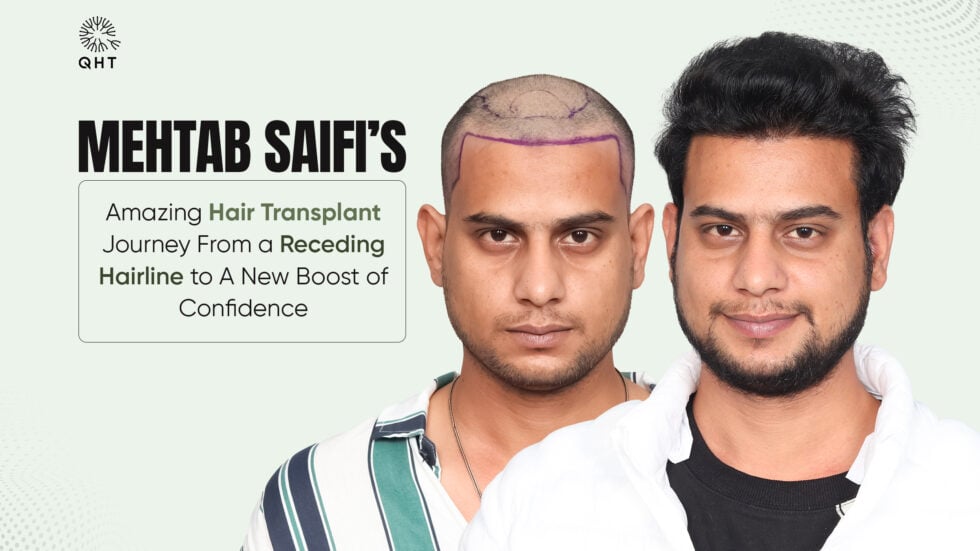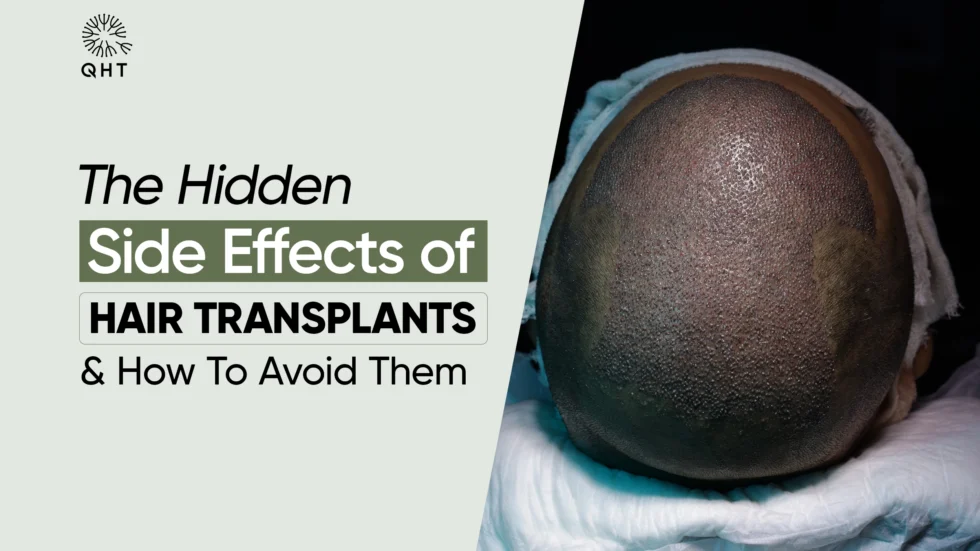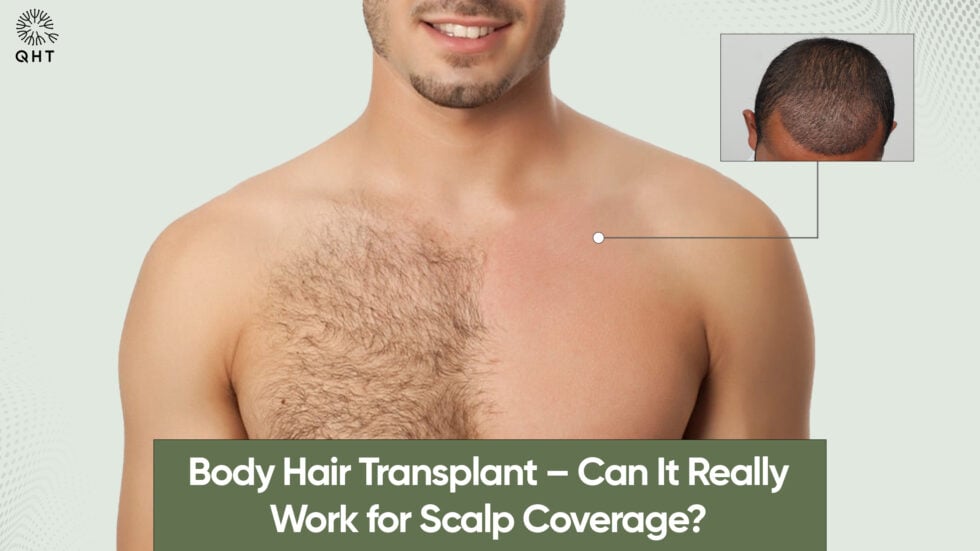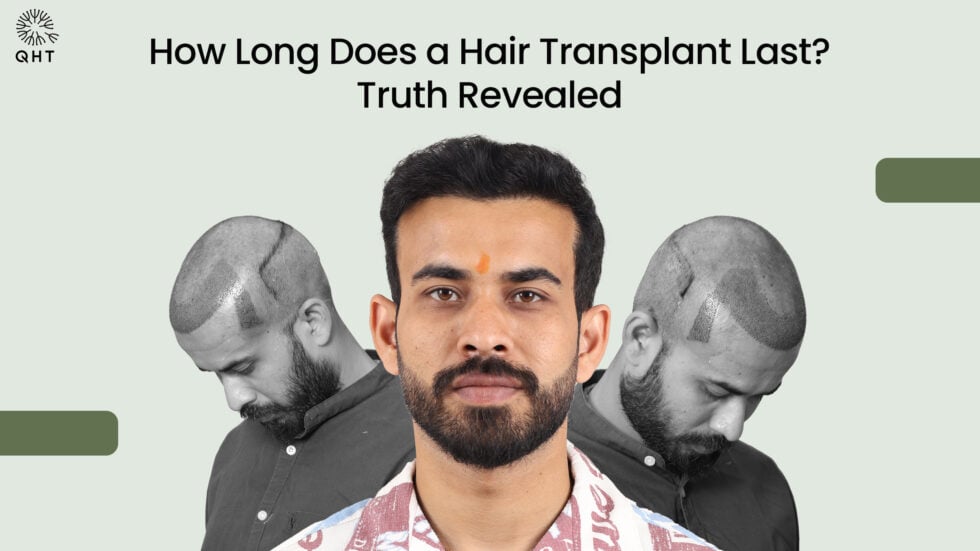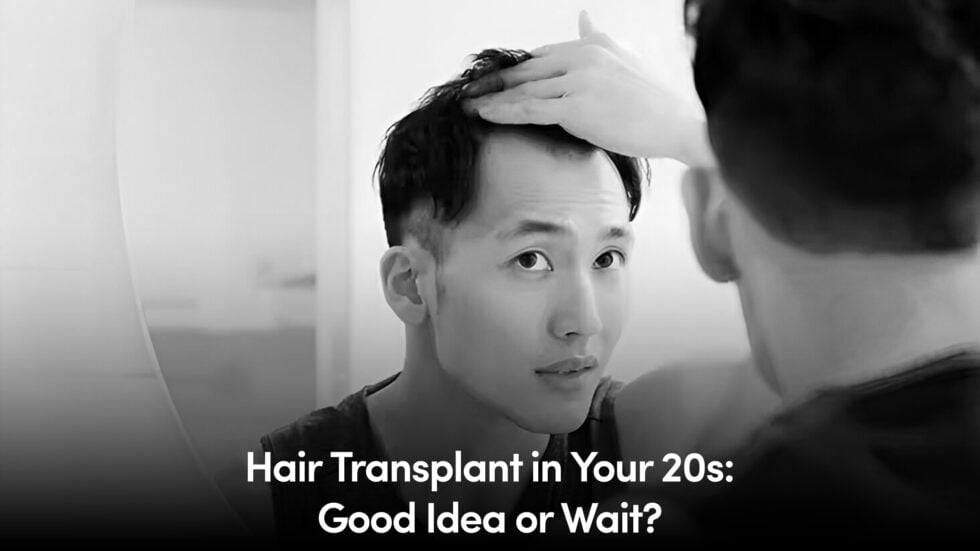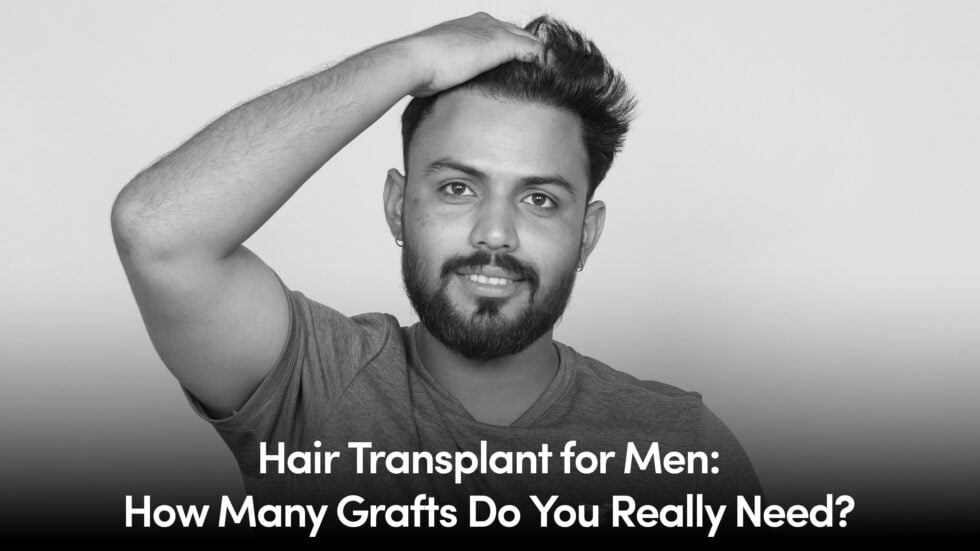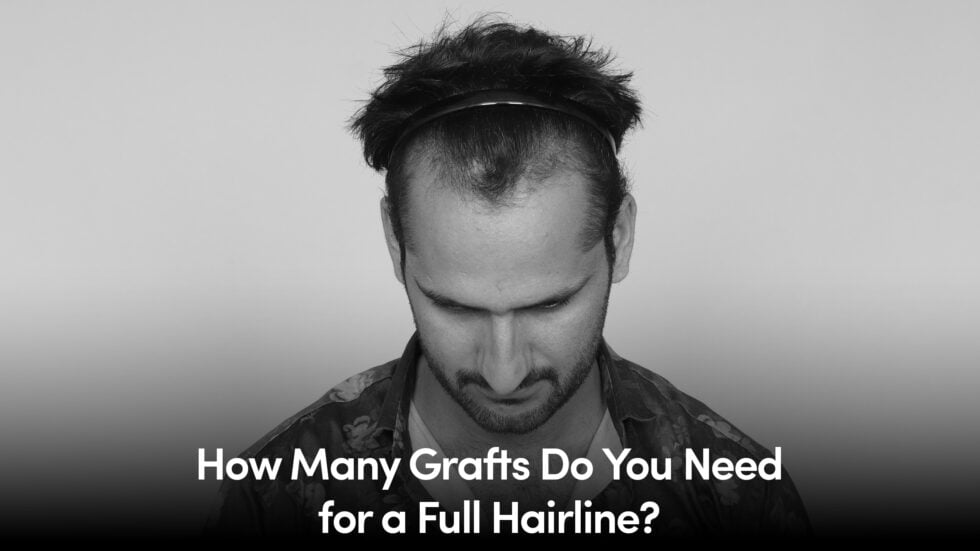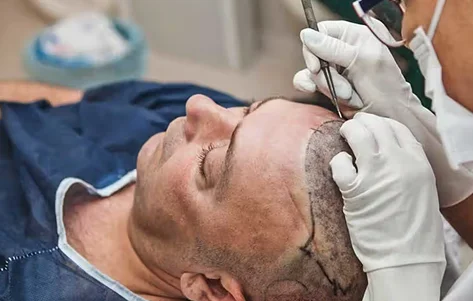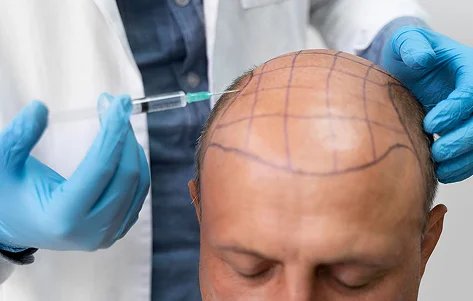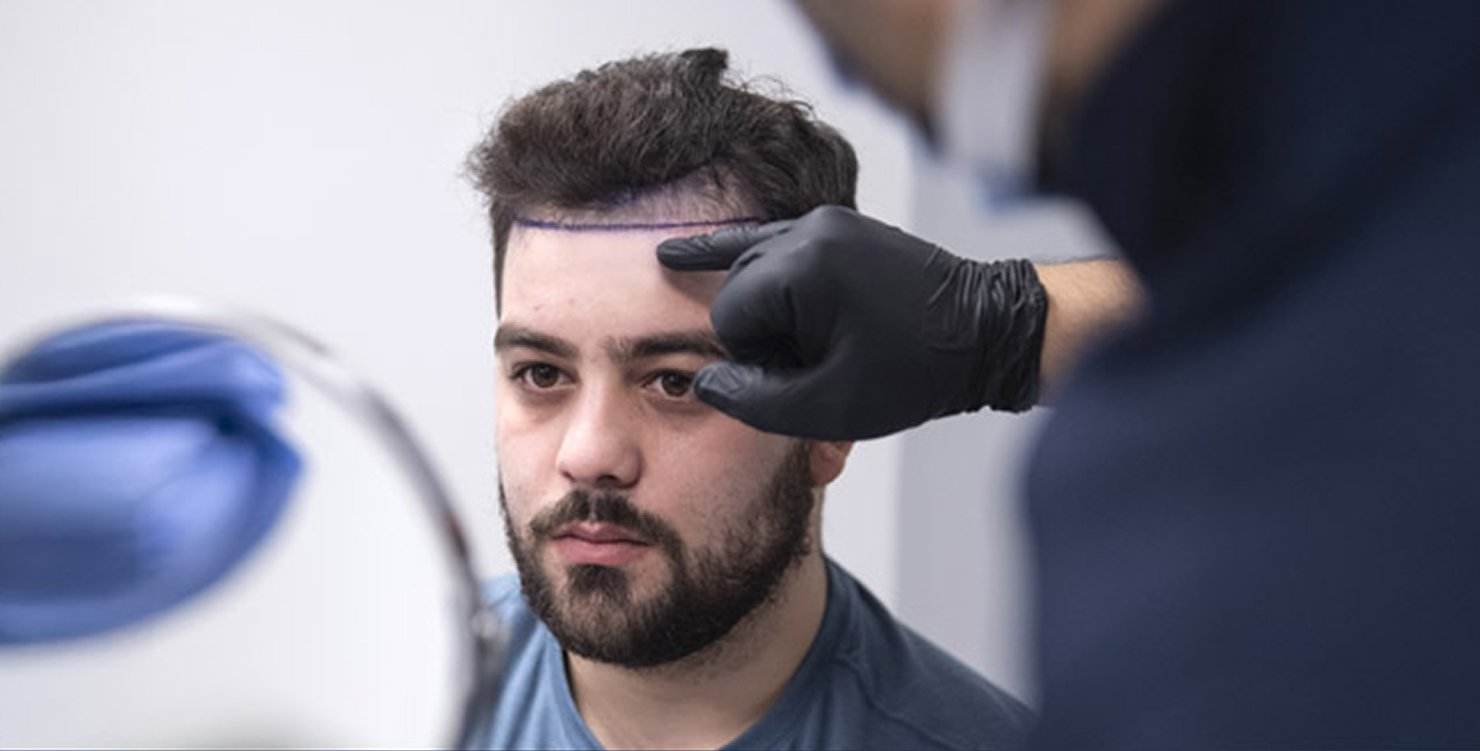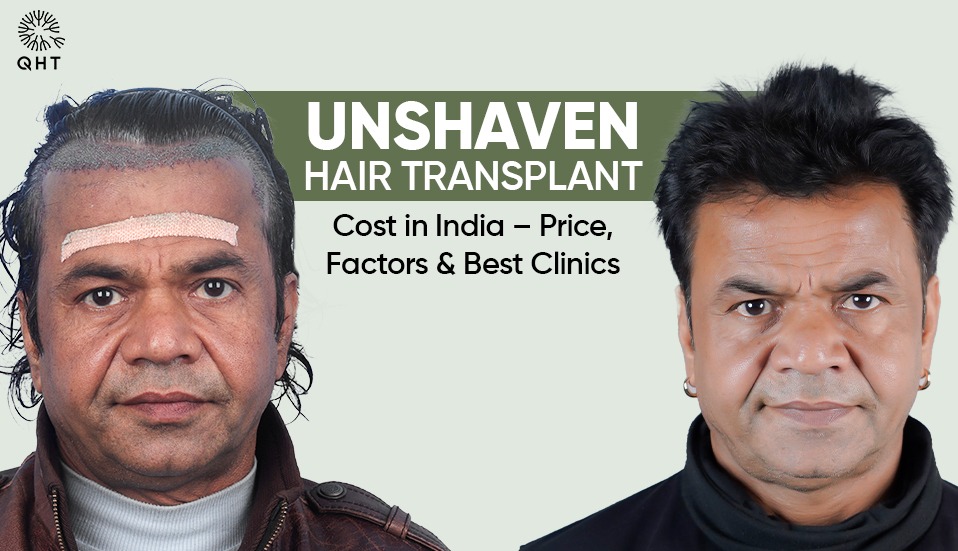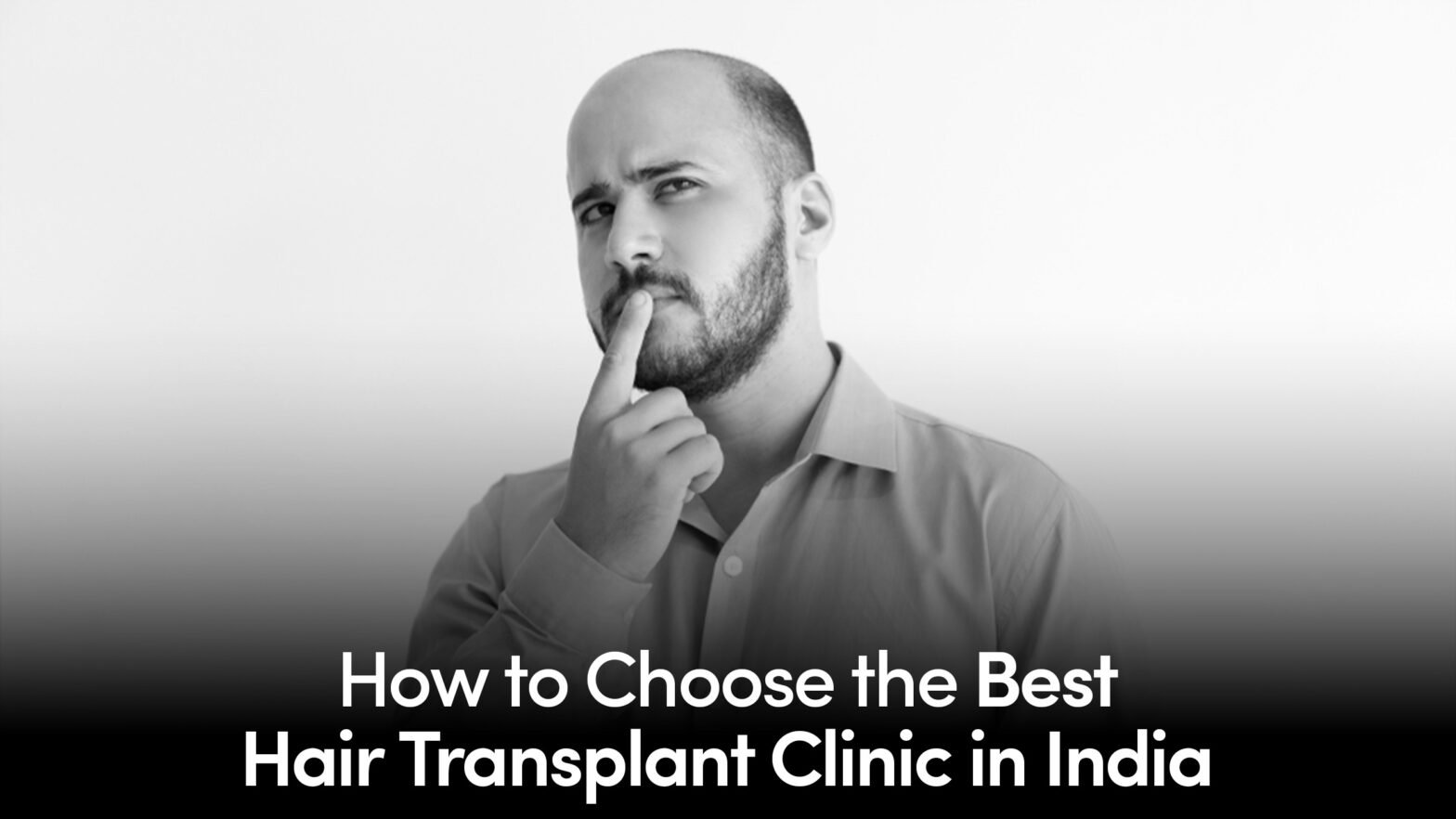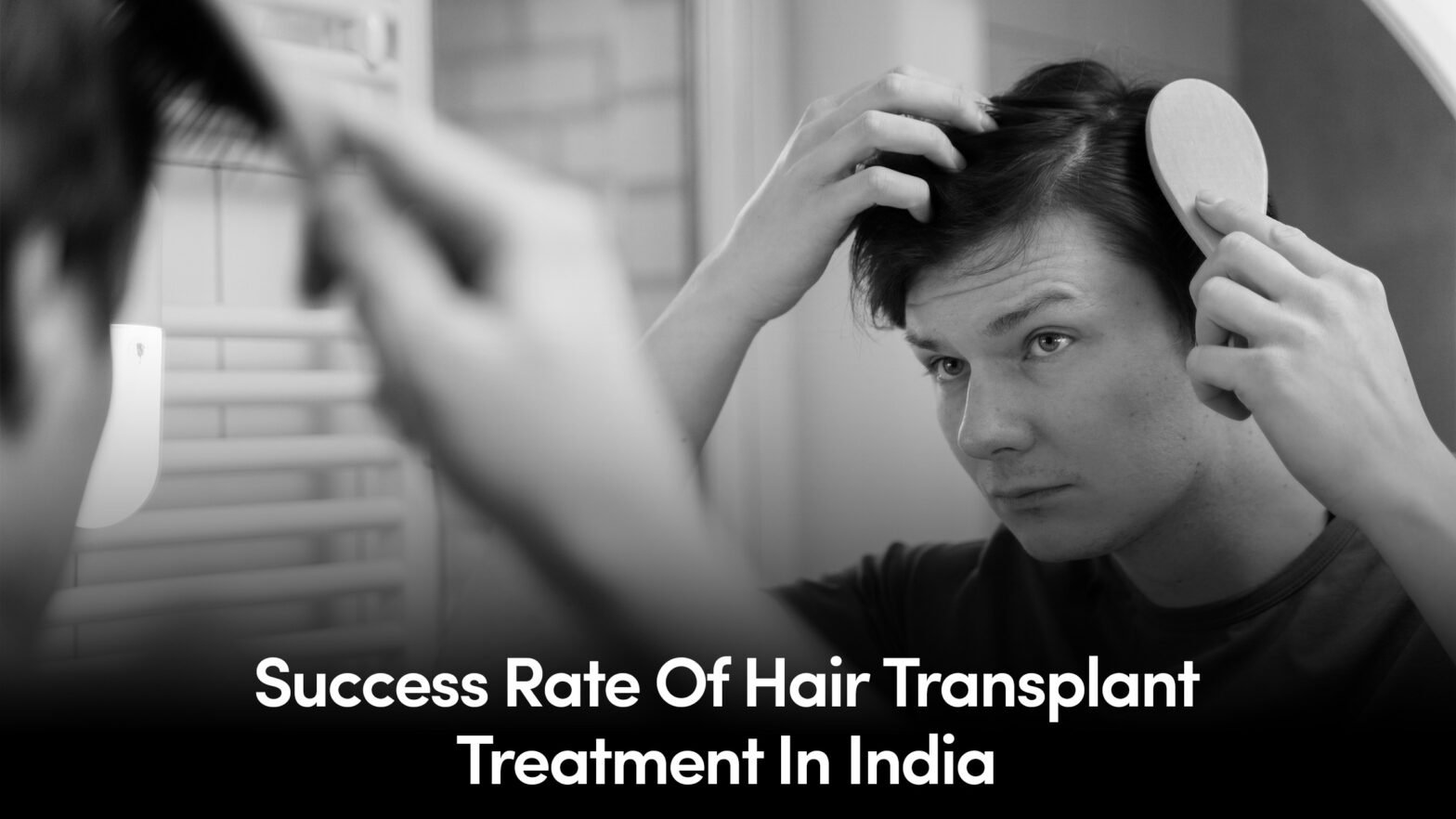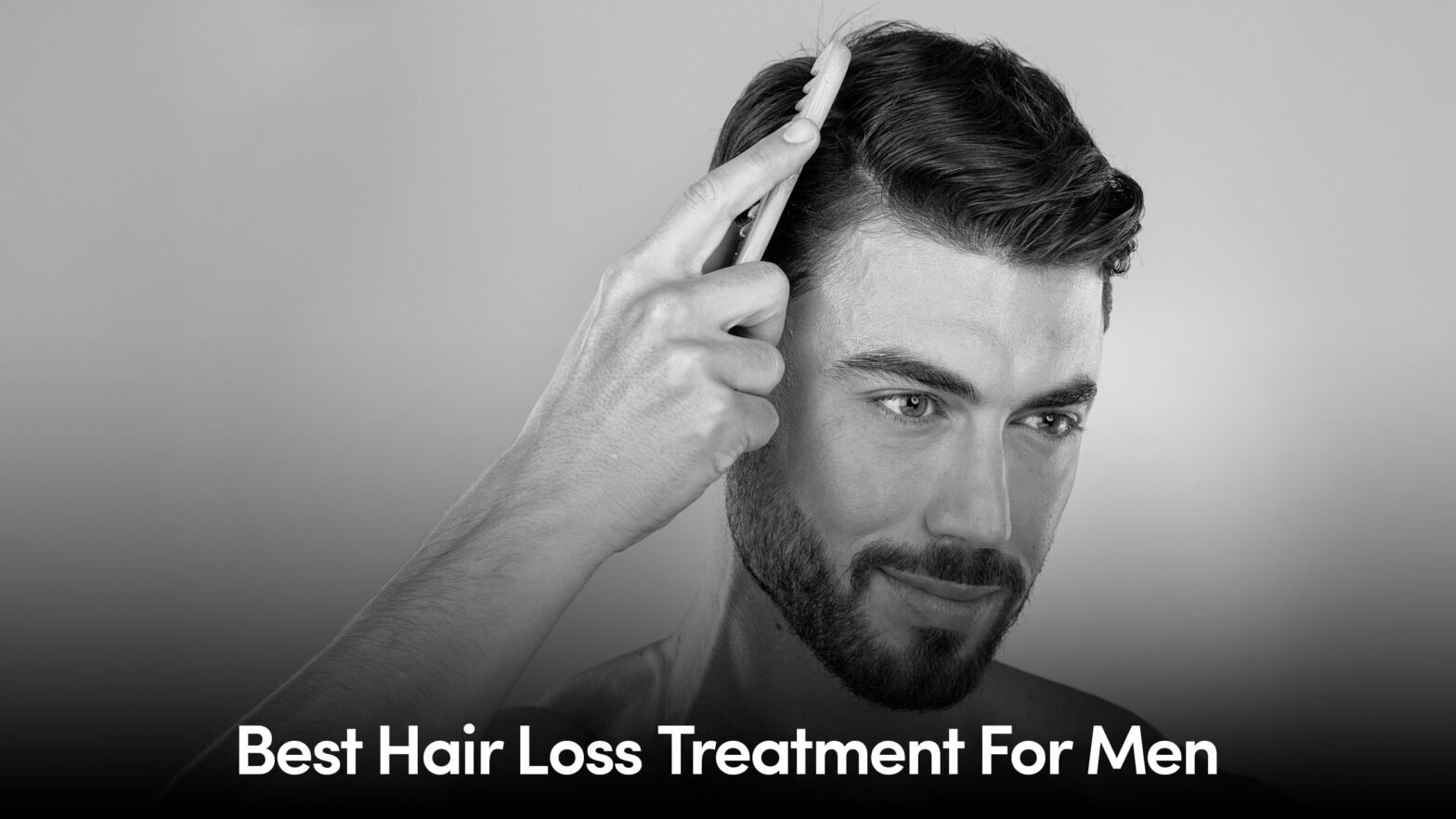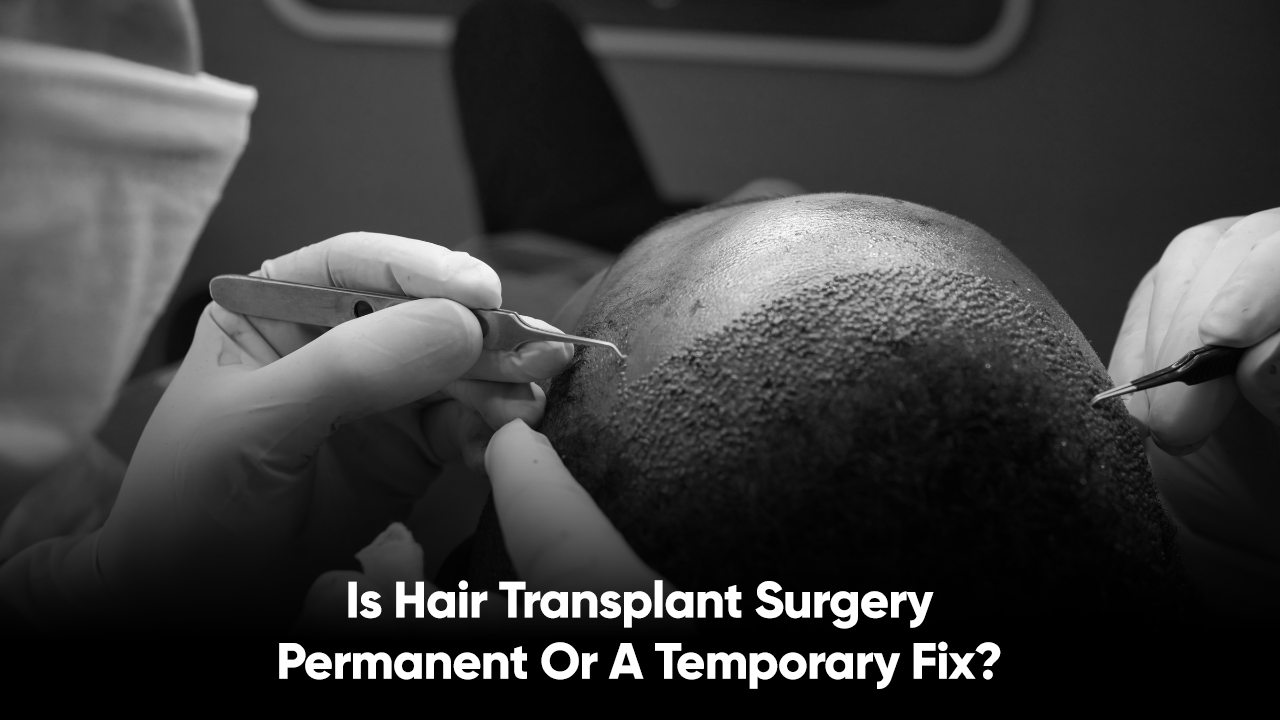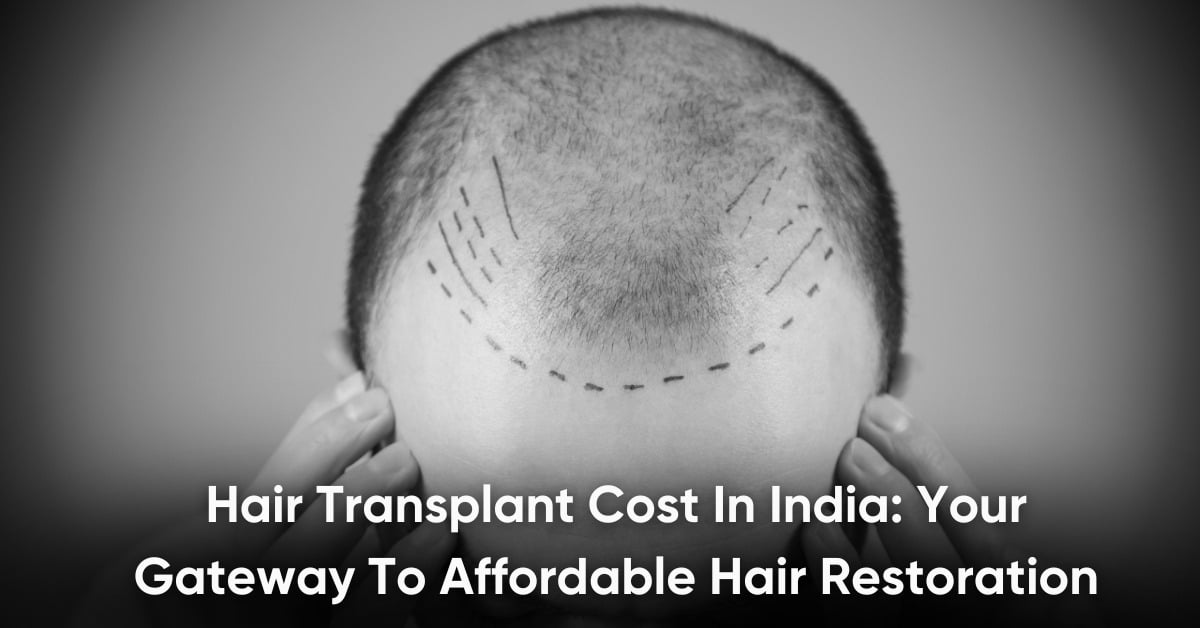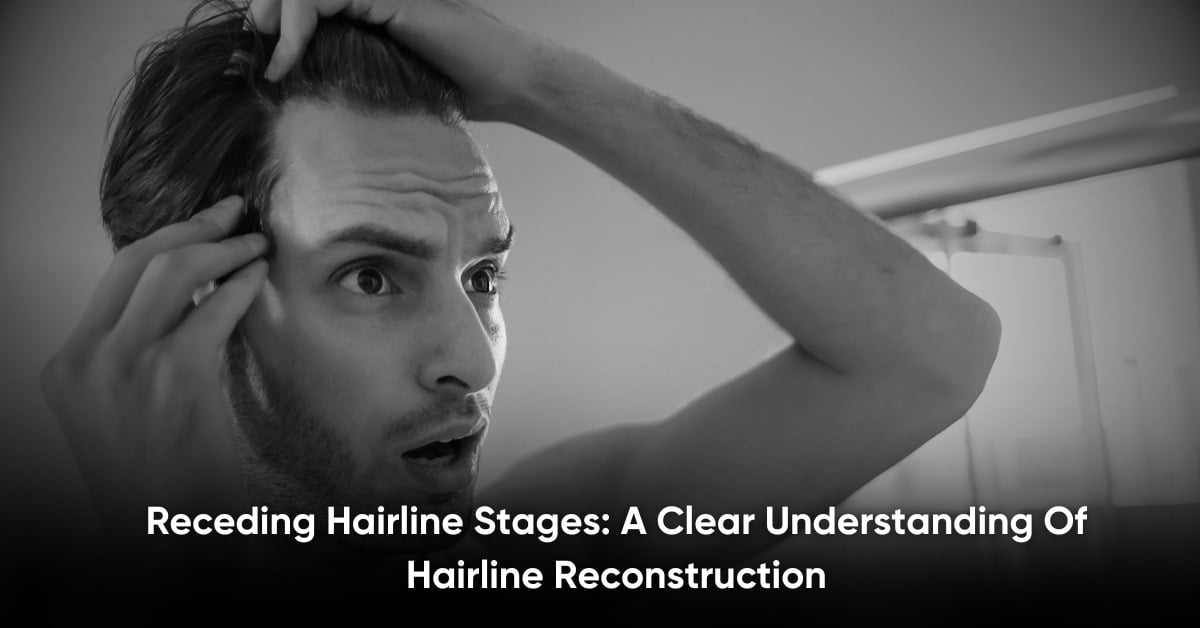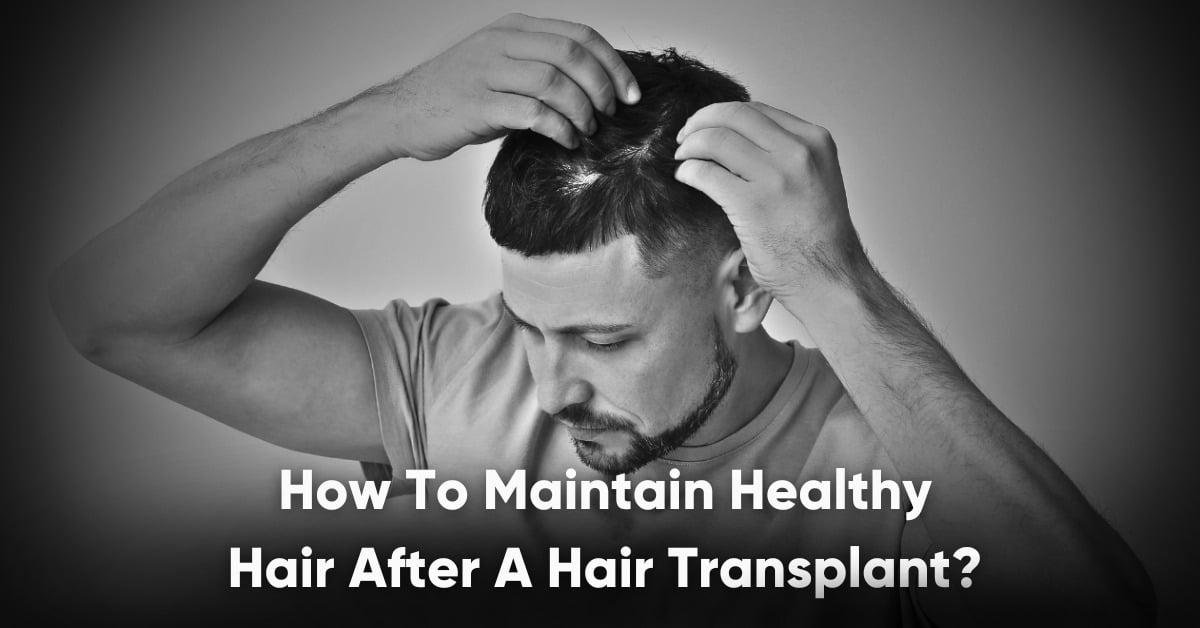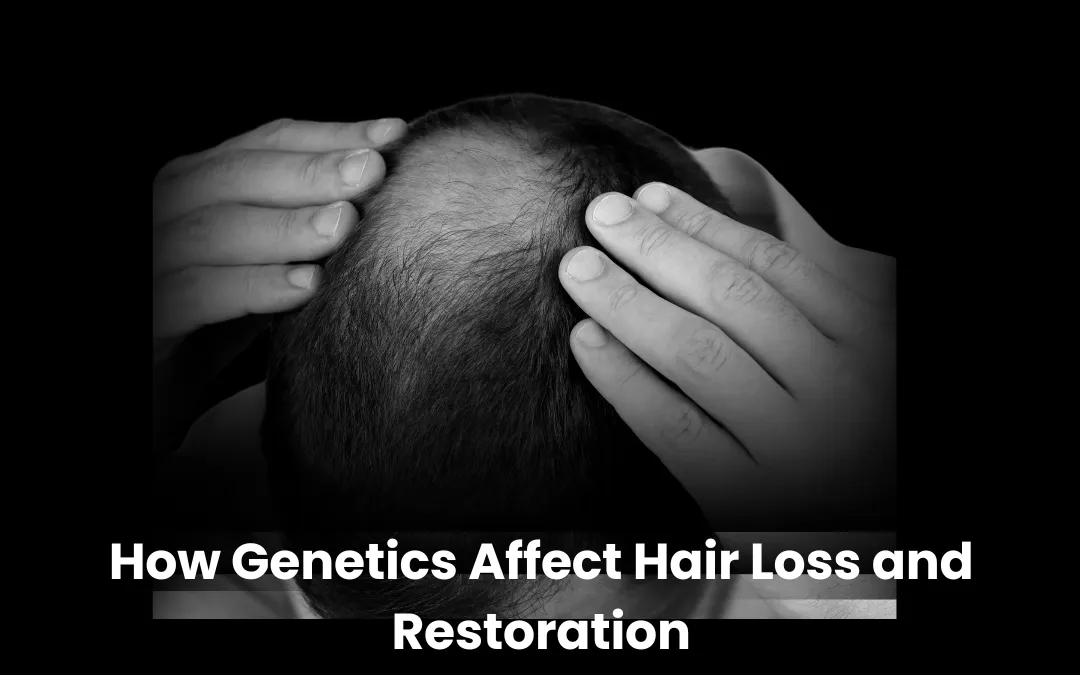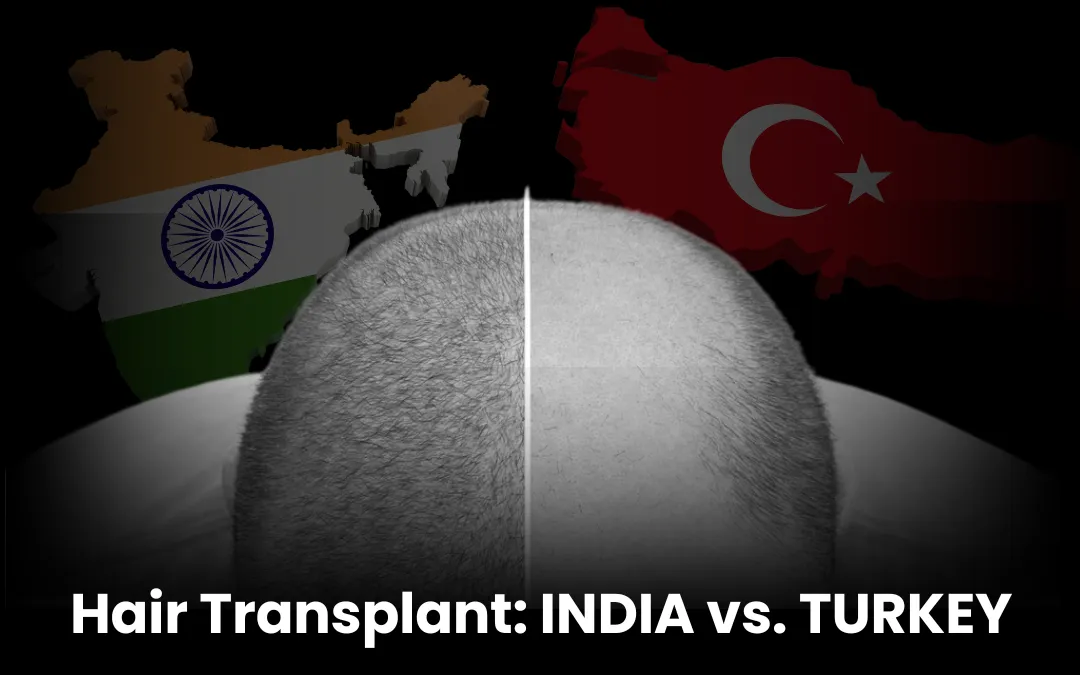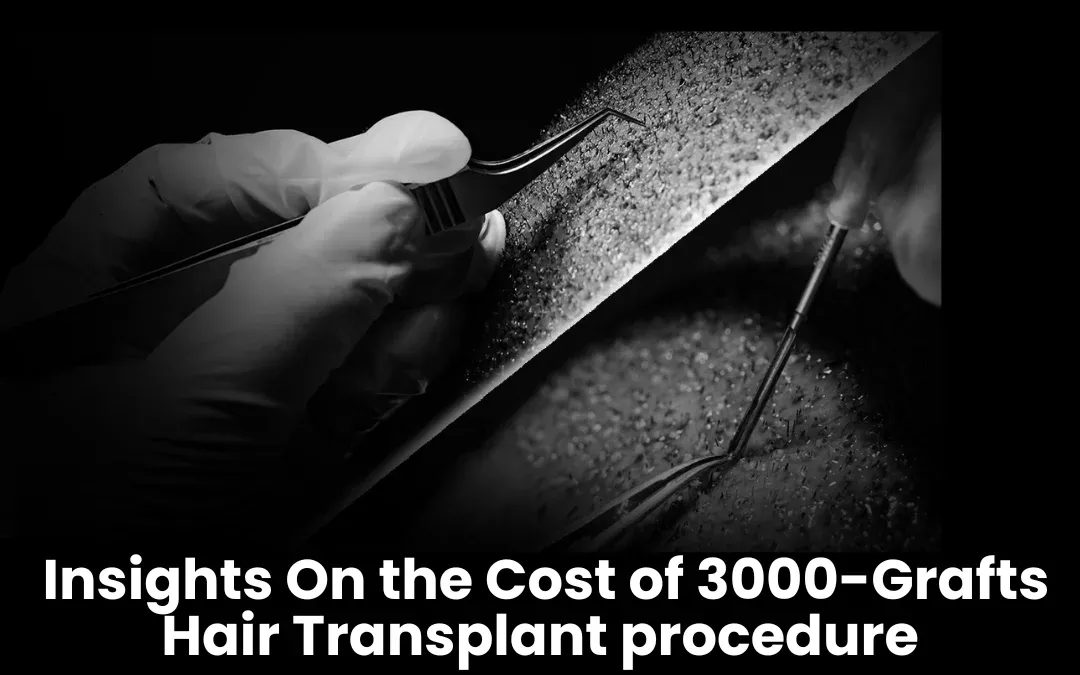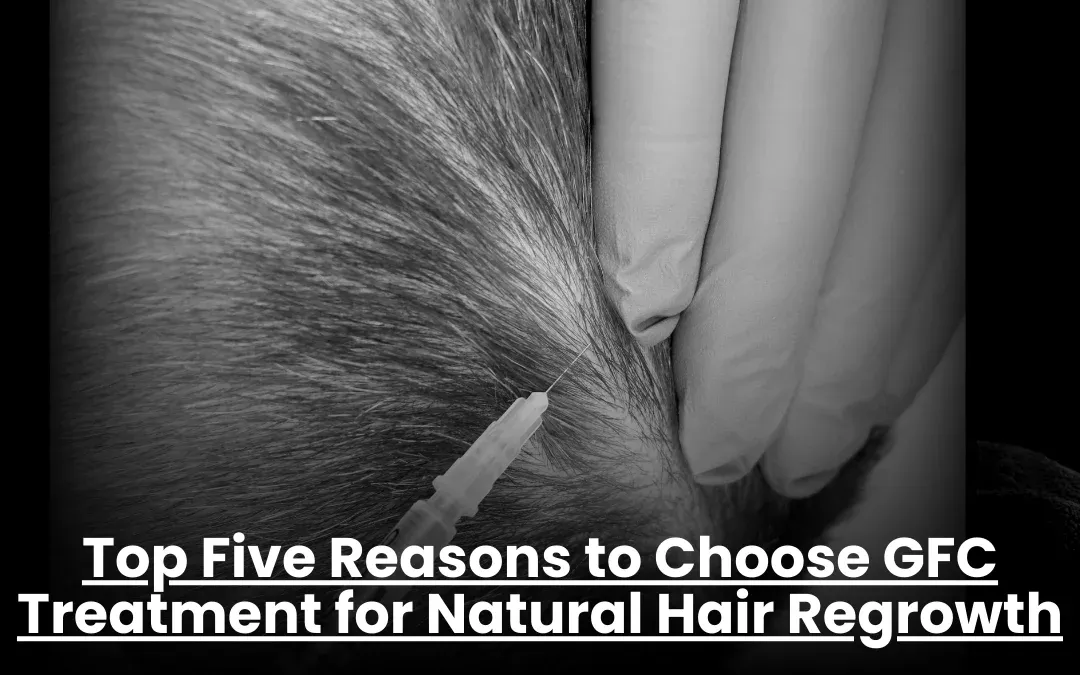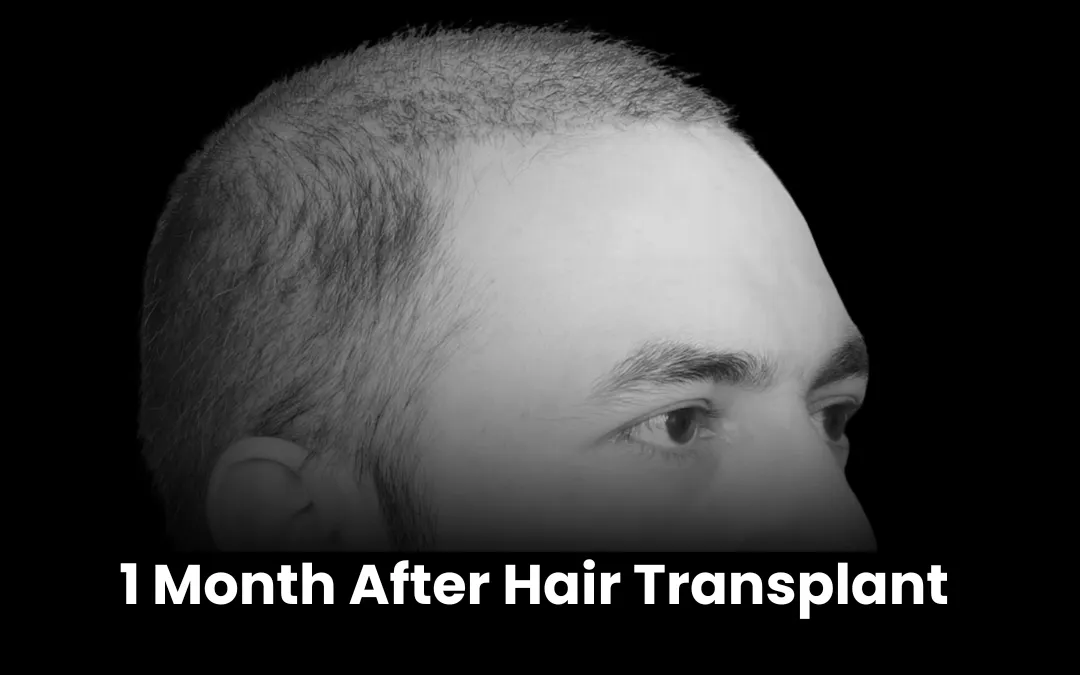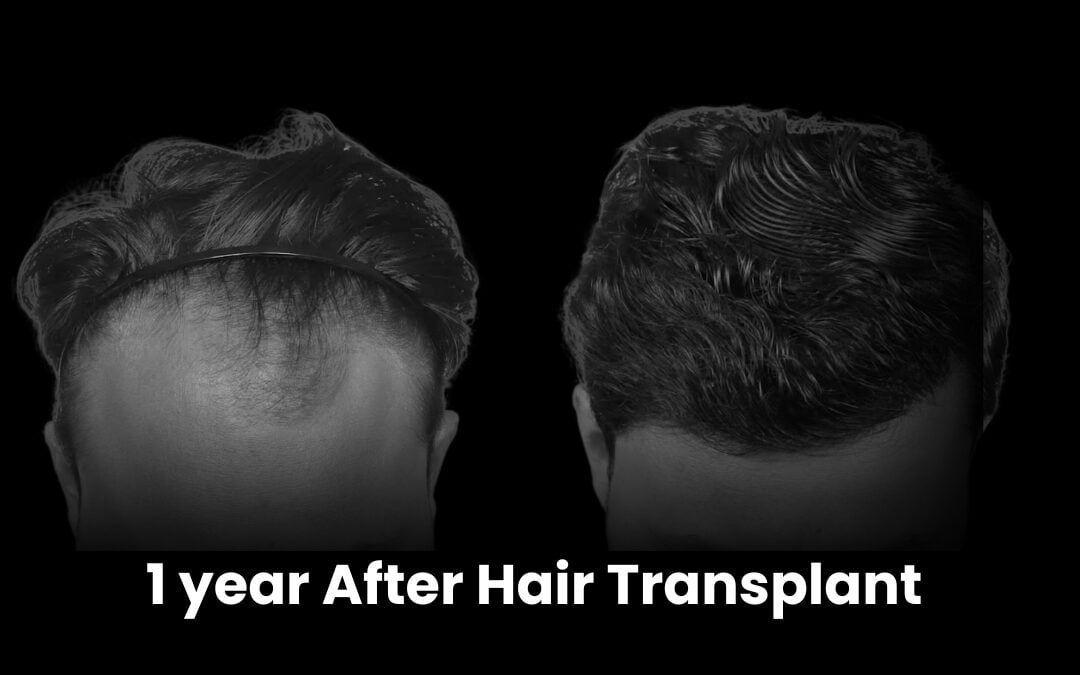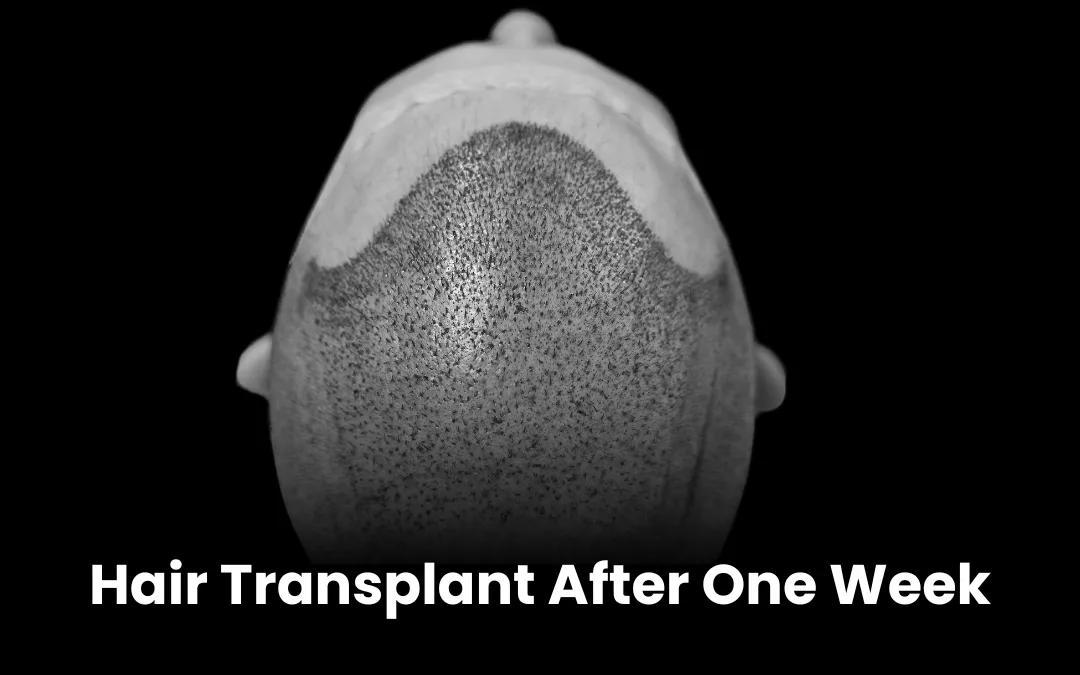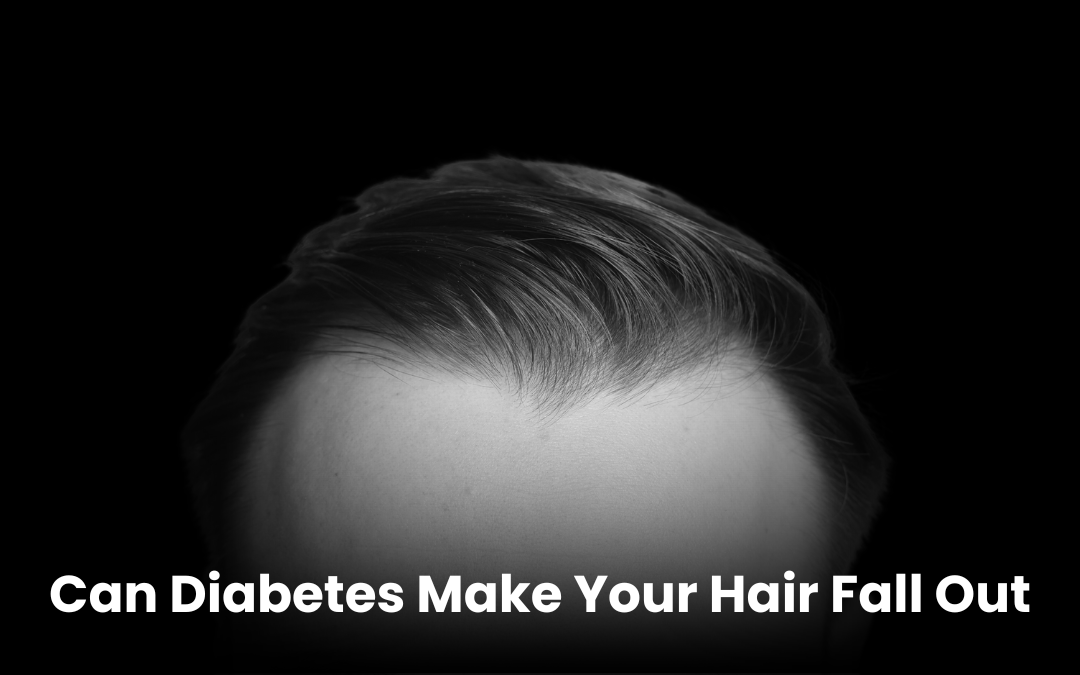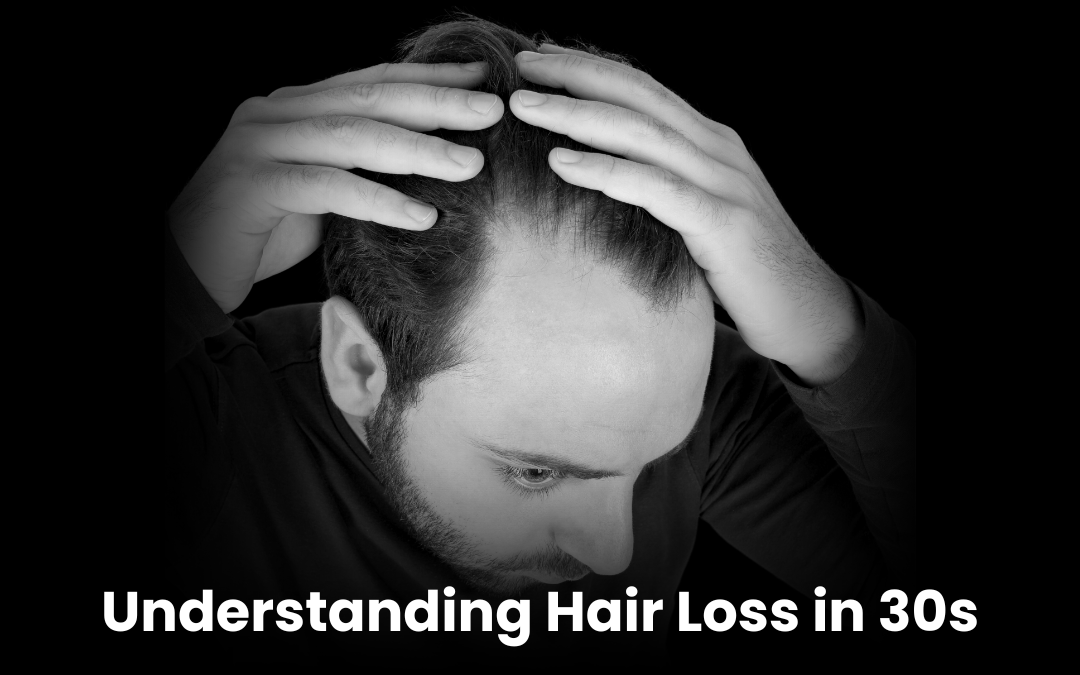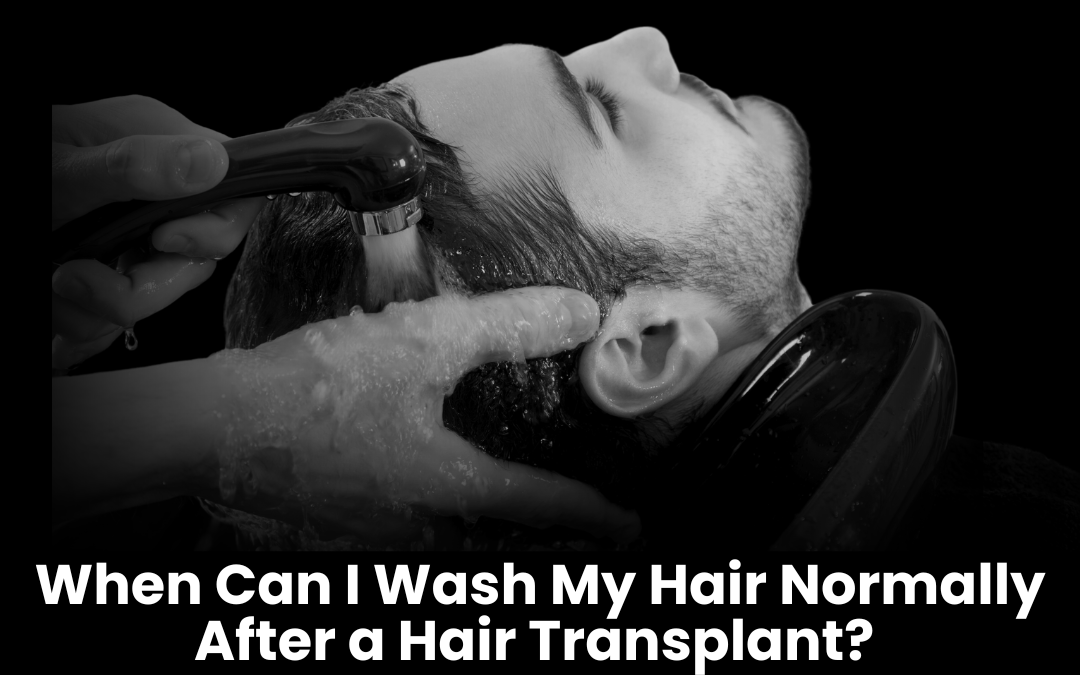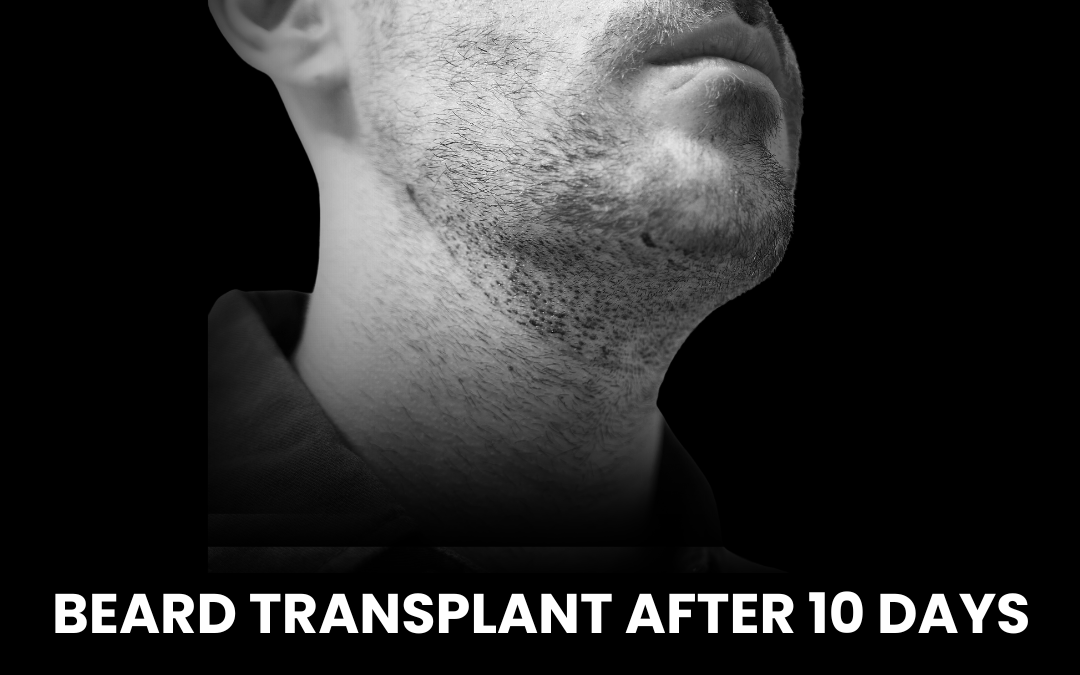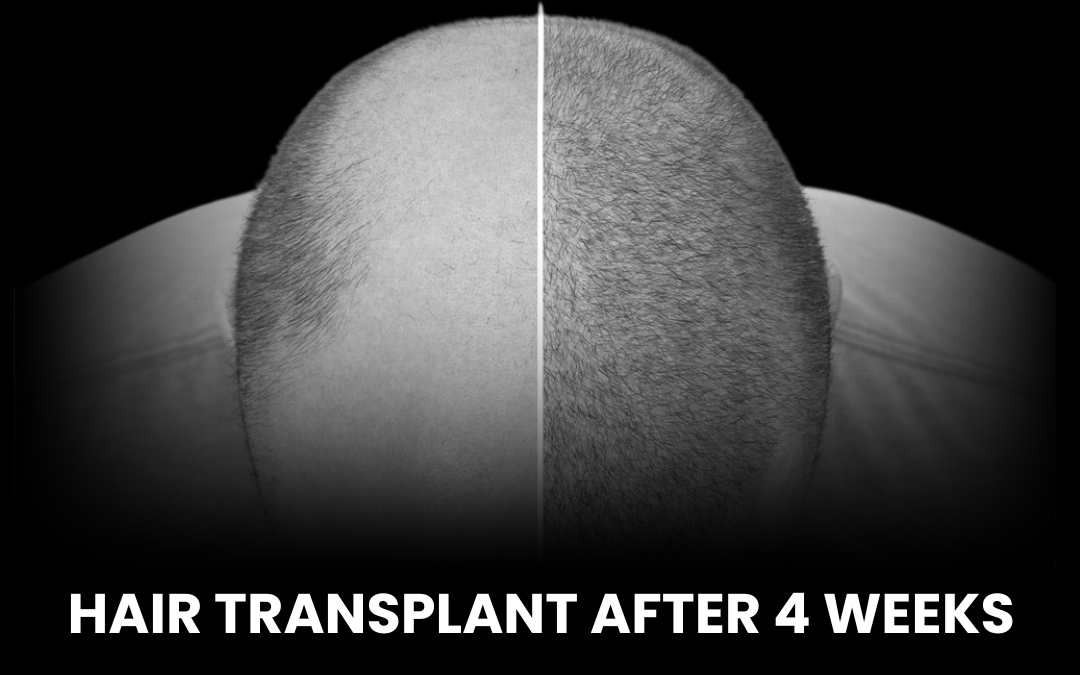Travel after Hair Transplant – The Joy of New Beginnings
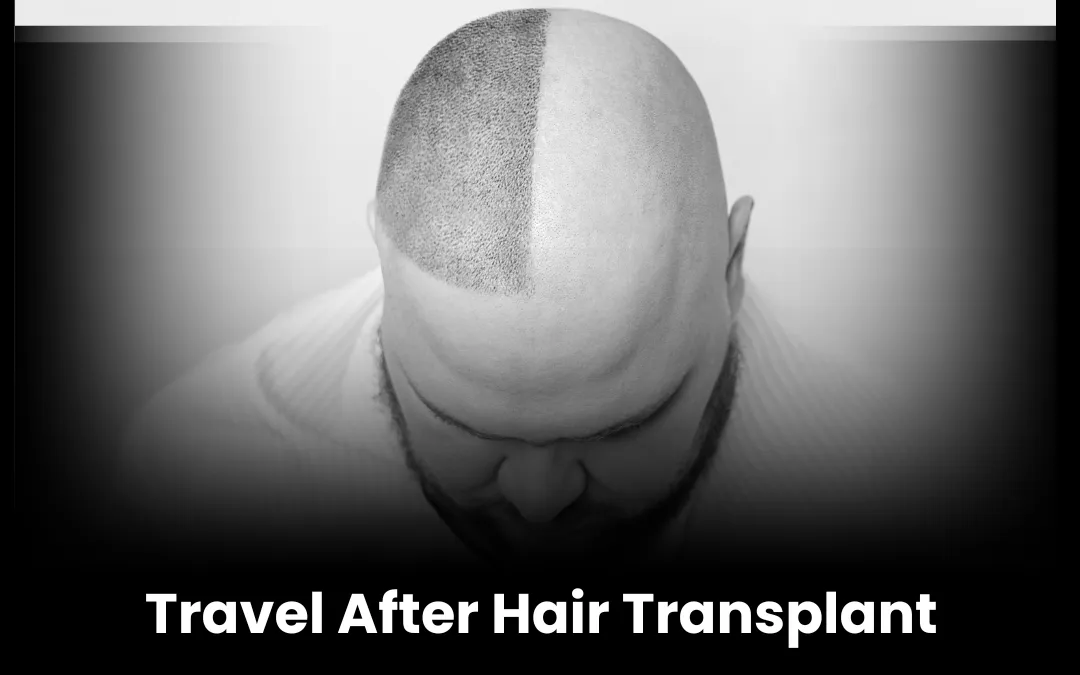
“Your hair is a canvas that tells a story of your journey, self-care, and individuality.” This simple statement captures how integral hair is to one’s identity. Hair loss, however, can erode self-esteem and confidence, leaving individuals feeling incomplete. With evolving technology, hair transplant has emerged as a transformative solution, offering people a second chance to reclaim their natural look.
The global hair transplant market is projected to reach $43 billion by 2030, reflecting the growing trust in this procedure. Yet, post-surgery, anxiety about maintaining results is common, especially when travel plans are involved.
“Patients are often concerned about travel after a hair transplant, fearing risks to the grafts or recovery. However, with the right precautions and knowledge, it’s possible to travel safely while ensuring optimal outcomes.”
This blog explores essential insights and tips to help you navigate travel confidently post-transplant.
Curious About Post-Transplant Travel? Let’s Dive In!
Traveling after a hair transplant is a common concern for many. While it’s generally safe, certain factors need attention to ensure a smooth recovery. The type of travel, distance, and post-operative care routines play a critical role in determining readiness.
“Patients can resume short-distance travel within a day or two, provided they follow their post-op care instructions. For long-distance or international travel, it’s crucial to wait until the grafts have stabilized, typically after seven days. Avoid crowded spaces and exposure to environmental factors that may compromise healing during this initial phase.”
Are you prepared to manage potential challenges while traveling post-surgery? Get expert advice from a hair transplant surgeon to ensure your journey supports your healing.
Planning a Trip? Here’s What You Need to Know
Traveling shortly after a hair transplant requires extra care to protect the grafted area. Follow these tips to ensure safety and comfort:
- Wear a Loose-Fitting Hat: Protect your scalp from sunlight and dust without disturbing the grafts. Use a hat that does not exert pressure on the treated area.
- Stay Hydrated: Dehydration can slow recovery. Carry water to keep yourself hydrated during travel.
- Avoid Carrying Heavy Bags: Lifting heavy luggage can increase blood pressure, potentially impacting healing. Opt for assistance when needed.
- Use a Neck Pillow: During long journeys, a neck pillow can prevent your scalp from coming into contact with hard surfaces.
- Plan Breaks: For road trips, take frequent stops to stretch and relax, ensuring you don’t stress your scalp.
Dealing with Common Challenges During Travel
Travel can pose unique challenges post-hair transplant, but proactive measures can mitigate these issues:
- Itching and Irritation: Itching is common during the healing phase. Avoid scratching and carry a saline spray to soothe discomfort.
- Sweating: Excessive sweating can irritate the scalp. Dress in breathable clothing and avoid traveling to overly hot or humid destinations.
- Fatigue: Surgical recovery demands energy. Rest before traveling to avoid overexertion.
QHT specialists emphasize:
“It’s vital to prioritize hygiene during travel. Carry soft, clean towels and gentle cleansers, and avoid touching your scalp with unwashed hands. Proper hygiene minimizes infection risks and accelerates recovery.”
Factors to Consider For Travel After Hair Transplant
Before embarking on your journey, consider these important factors:
- Consultation with Your Doctor: Always seek medical clearance to ensure your scalp is ready for travel.
- Mode of Transportation: Choose travel options with minimal turbulence or physical strain, such as trains or personal vehicles.
- Climate Conditions: Avoid harsh weather conditions, such as intense sunlight or extreme cold, which may hinder recovery.
- Medications: Carry prescribed medications and first-aid essentials in case of emergencies.
By planning ahead, you can minimize complications and enjoy a stress-free trip.
While genetics play a primary role, external factors can exacerbate hair loss:
Nutritional Deficiencies: A lack of essential nutrients like iron, biotin, and protein weakens hair strands, making them brittle and prone to shedding. Without these nutrients, hair follicles struggle to support healthy growth, leading to noticeable thinning over time.
Chronic Stress: Prolonged stress raises cortisol levels, which disrupts the natural hair growth cycle and pushes more follicles into the shedding phase. This condition, known as telogen effluvium, can cause significant hair loss, especially during periods of extreme emotional or physical strain.
Medical Conditions: Hormonal imbalances from thyroid disorders, polycystic ovary syndrome (PCOS), diabetes, or autoimmune diseases like alopecia areata can weaken hair follicles. These conditions interfere with the hair’s natural renewal process, often causing patchy or widespread thinning.
While genetics play a primary role, external factors can exacerbate hair loss:
Nutritional Deficiencies: A lack of essential nutrients like iron, biotin, and protein weakens hair strands, making them brittle and prone to shedding. Without these nutrients, hair follicles struggle to support healthy growth, leading to noticeable thinning over time.
Chronic Stress: Prolonged stress raises cortisol levels, which disrupts the natural hair growth cycle and pushes more follicles into the shedding phase. This condition, known as telogen effluvium, can cause significant hair loss, especially during periods of extreme emotional or physical strain.
Medical Conditions: Hormonal imbalances from thyroid disorders, polycystic ovary syndrome (PCOS), diabetes, or autoimmune diseases like alopecia areata can weaken hair follicles. These conditions interfere with the hair’s natural renewal process, often causing patchy or widespread thinning.
For those frequently on the move, long-term travel requires extra preparation to maintain transplant results:
- Sun Protection: Always use SPF or a hat to shield the scalp from harmful UV rays.
- Routine Care: Pack your post-op care products, including shampoos and sprays recommended by your surgeon.
- Stay Active but Safe: Light activities are fine, but avoid strenuous physical exertion that may strain the grafts.
- Hydration and Nutrition: Eating well and staying hydrated are key to supporting hair health over time.
Hair transplant procedures symbolize hope for individuals seeking to restore their confidence. Proper post-surgical care ensures patients achieve the best possible outcomes, especially during travel.
An accomplished hair transplant surgeon in India, adds:
“Patients often worry about disrupting their recovery if they have to travel after a hair transplant. However, with the right guidance and adherence to post-op care instructions, they can safely resume their routines, including travel. Remember, every patient’s recovery journey is unique, so personalized care is essential for long-term success.”
Wondering how soon you can resume your travel plans after a hair transplant? Consult a hair transplant specialist today to ensure you’re taking the right steps for a safe recovery.
Let’s Ensure You’re Prepared By Addressing Some Common Concerns On Travel After Hair Transplant.
- Can I Fly After Hair Transplant Surgery?
Yes, you can fly after a hair transplant, but timing matters. Short flights may be permissible within a few days, but longer flights should wait until after the first week. High altitudes can sometimes increase swelling, so consult your surgeon to confirm readiness.
- Can I Drive After Hair Transplant Surgery?
Driving is generally safe within 24-48 hours post-surgery. However, avoid driving if you’re on medications that cause drowsiness. Ensure your seatbelt or headrest does not put pressure on the treated area.
- What to Consider When Traveling After Hair Transplant?
Consider the mode of travel, duration, and your recovery stage. Avoid crowded places, carry essentials like saline spray, and follow post-op care instructions diligently.
- Can I Wear a Hat or Cap During Travel After a Hair Transplant?
Yes, you can wear a hat during travel, but it must be loose-fitting and not press against the grafts. Caps should allow adequate airflow to avoid irritation.
- Can I Swim or Expose My Scalp to Water During Travel After a Hair Transplant?
Swimming or exposing the scalp to water is not recommended during the initial recovery phase. Chlorinated or saltwater can harm the grafts. Wait at least two weeks or follow your surgeon’s specific advice.
Reference Links:
https://www.nhs.uk/conditions/cosmetic-procedures/cosmetic-surgery/hair-transplant/
Disclaimer: The information shared in this content is for educational purposes only and not for promotional use.
Book a Consultation Today
Latest Videos
-
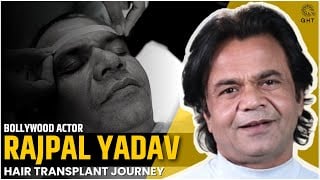
Rajpal Yadav | Bollywood Actor Hair Transplant Journey at QHT Regrow Clinic Haridwar
Click to Watch
-
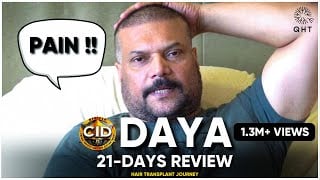
FUE Hair Transplant Results | DAYA's FUE Hair Transplant Results
Click to Watch
-

Best Hair Transplant Result 2021 || NW Grade VI A || 3,422 Grafts
Click to Watch
-

Best Hair Transplant Result 2022 | Grade 4
Click to Watch
-

YouTuber Mehtab Saifi Hair Transplant
Click to Watch
-
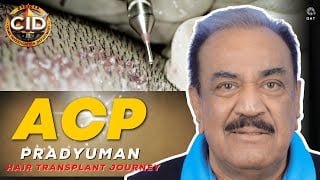
ACP Pradyuman Hair Transplant - Actor's Hair Transplant
Click to Watch



